Home / world / Justin Trudeau’s India Standoff: A Human Rights Dilemma Exposes Leadership Crisis
Justin Trudeau’s India Standoff: A Human Rights Dilemma Exposes Leadership Crisis
By: My India Times
2 minutes read 140Updated At: 2024-12-06
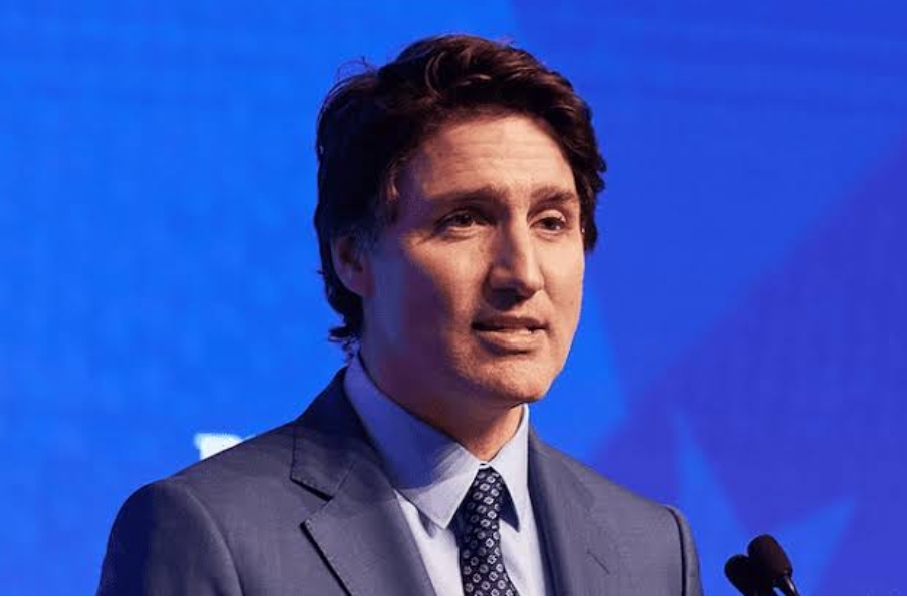
Introduction: A Crisis Beyond Diplomacy
Canadian Prime Minister Justin Trudeau’s contentious stance against India has triggered a multi-faceted crisis, highlighting not just diplomatic failings but also deeper concerns surrounding human rights advocacy. As domestic and international criticism mounts, Trudeau’s credibility as a global leader for human rights is being questioned.
The Root of the Controversy
The friction began with Trudeau’s allegations of India’s involvement in the death of Khalistani activist Hardeep Singh Nijjar. While positioned as a defense of human rights, Trudeau’s actions have exposed inconsistencies in his government’s broader stance on justice and freedom. Critics argue that his selective advocacy diminishes Canada’s standing as a principled voice on human rights issues.
Selective Advocacy: A Questionable Strategy
Trudeau’s emphasis on India’s alleged human rights violations has been met with skepticism. Many point to Canada’s silence on other pressing global human rights crises, such as in Xinjiang or Afghanistan, where violations are well-documented. This selective approach has invited accusations of hypocrisy and political expediency, raising questions about the sincerity of Trudeau’s global justice rhetoric.
Domestic Response: Canadians Question Leadership
At home, Trudeau’s human rights narrative is drawing sharp criticism. Human rights organizations and civil society groups have highlighted unresolved issues within Canada, including systemic racism against Indigenous communities, police brutality, and growing income inequality. Critics argue that before pointing fingers abroad, Canada must address its own failings.
Economic Impact: Human Rights vs. Trade
India’s retaliatory measures, including suspending trade and visa services, have dealt a significant blow to Canadian interests. Human rights advocates worry that Trudeau’s stance could alienate Canada from influential allies, while businesses warn of severe economic repercussions. The clash between moral posturing and pragmatic governance is becoming increasingly evident.
Global Perception: A Tarnished Image
Canada’s international reputation as a defender of human rights has taken a hit. Global observers note that while Trudeau’s government condemns India, it continues arms sales to countries with questionable human rights records. This inconsistency has prompted doubts about Canada’s commitment to its stated values.
A Human Rights Conundrum
The India-Canada standoff has reignited debate over the role of human rights in foreign policy. Should nations prioritize universal values over strategic interests, or is selective advocacy inevitable in geopolitics? Trudeau’s approach appears to fall short on both counts, leaving critics on all sides dissatisfied.
Introduction: A Crisis Beyond Diplomacy
Canadian Prime Minister Justin Trudeau’s contentious stance against India has triggered a multi-faceted crisis, highlighting not just diplomatic failings but also deeper concerns surrounding human rights advocacy. As domestic and international criticism mounts, Trudeau’s credibility as a global leader for human rights is being questioned.
The Root of the Controversy
The friction began with Trudeau’s allegations of India’s involvement in the death of Khalistani activist Hardeep Singh Nijjar. While positioned as a defense of human rights, Trudeau’s actions have exposed inconsistencies in his government’s broader stance on justice and freedom. Critics argue that his selective advocacy diminishes Canada’s standing as a principled voice on human rights issues.
Selective Advocacy: A Questionable Strategy
Trudeau’s emphasis on India’s alleged human rights violations has been met with skepticism. Many point to Canada’s silence on other pressing global human rights crises, such as in Xinjiang or Afghanistan, where violations are well-documented. This selective approach has invited accusations of hypocrisy and political expediency, raising questions about the sincerity of Trudeau’s global justice rhetoric.
Domestic Response: Canadians Question Leadership
At home, Trudeau’s human rights narrative is drawing sharp criticism. Human rights organizations and civil society groups have highlighted unresolved issues within Canada, including systemic racism against Indigenous communities, police brutality, and growing income inequality. Critics argue that before pointing fingers abroad, Canada must address its own failings.
Economic Impact: Human Rights vs. Trade
India’s retaliatory measures, including suspending trade and visa services, have dealt a significant blow to Canadian interests. Human rights advocates worry that Trudeau’s stance could alienate Canada from influential allies, while businesses warn of severe economic repercussions. The clash between moral posturing and pragmatic governance is becoming increasingly evident.
Global Perception: A Tarnished Image
Canada’s international reputation as a defender of human rights has taken a hit. Global observers note that while Trudeau’s government condemns India, it continues arms sales to countries with questionable human rights records. This inconsistency has prompted doubts about Canada’s commitment to its stated values.
A Human Rights Conundrum
The India-Canada standoff has reignited debate over the role of human rights in foreign policy. Should nations prioritize universal values over strategic interests, or is selective advocacy inevitable in geopolitics? Trudeau’s approach appears to fall short on both counts, leaving critics on all sides dissatisfied.
By: My India Times
Updated At: 2024-12-06
Tags: world News | My India Times News | Trending News | Travel News
Join our WhatsApp Channel








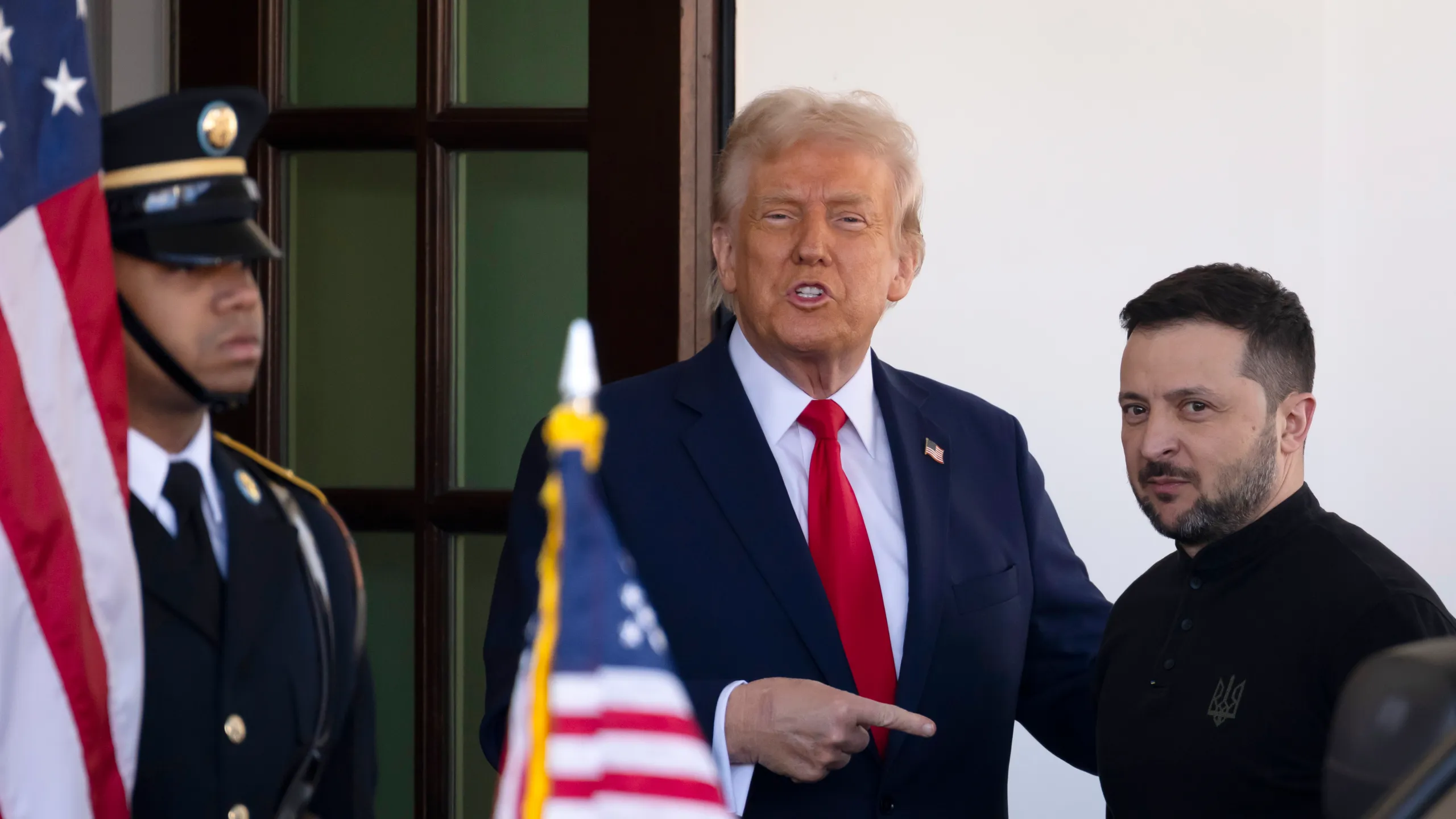
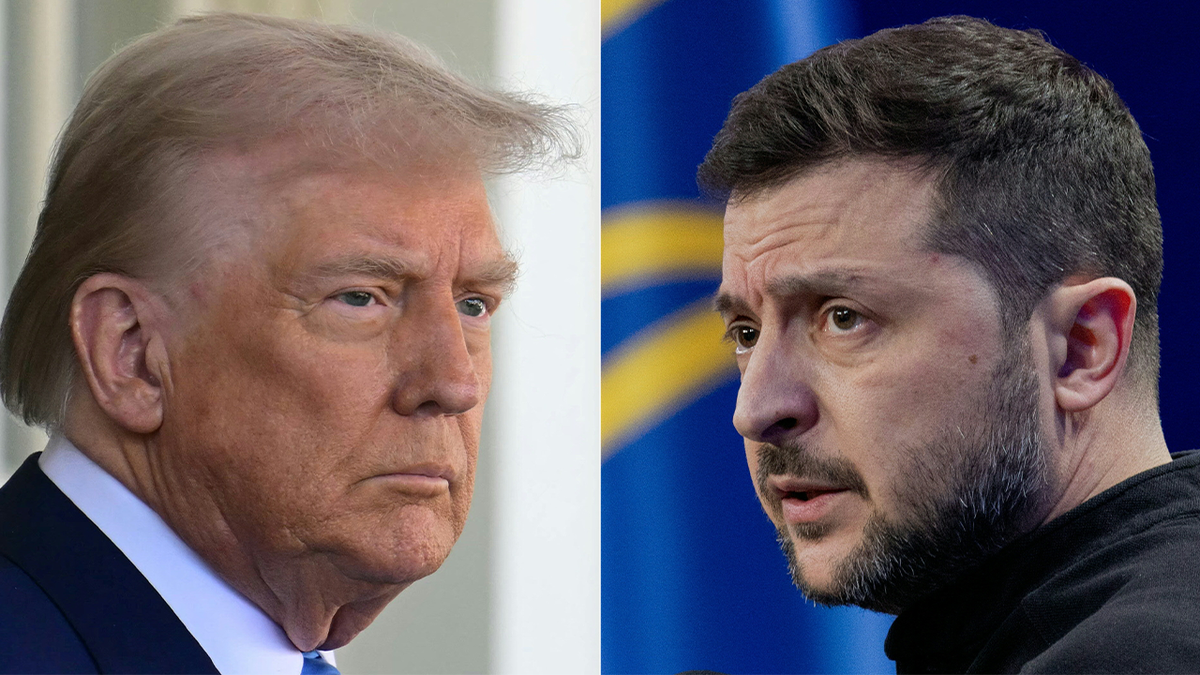
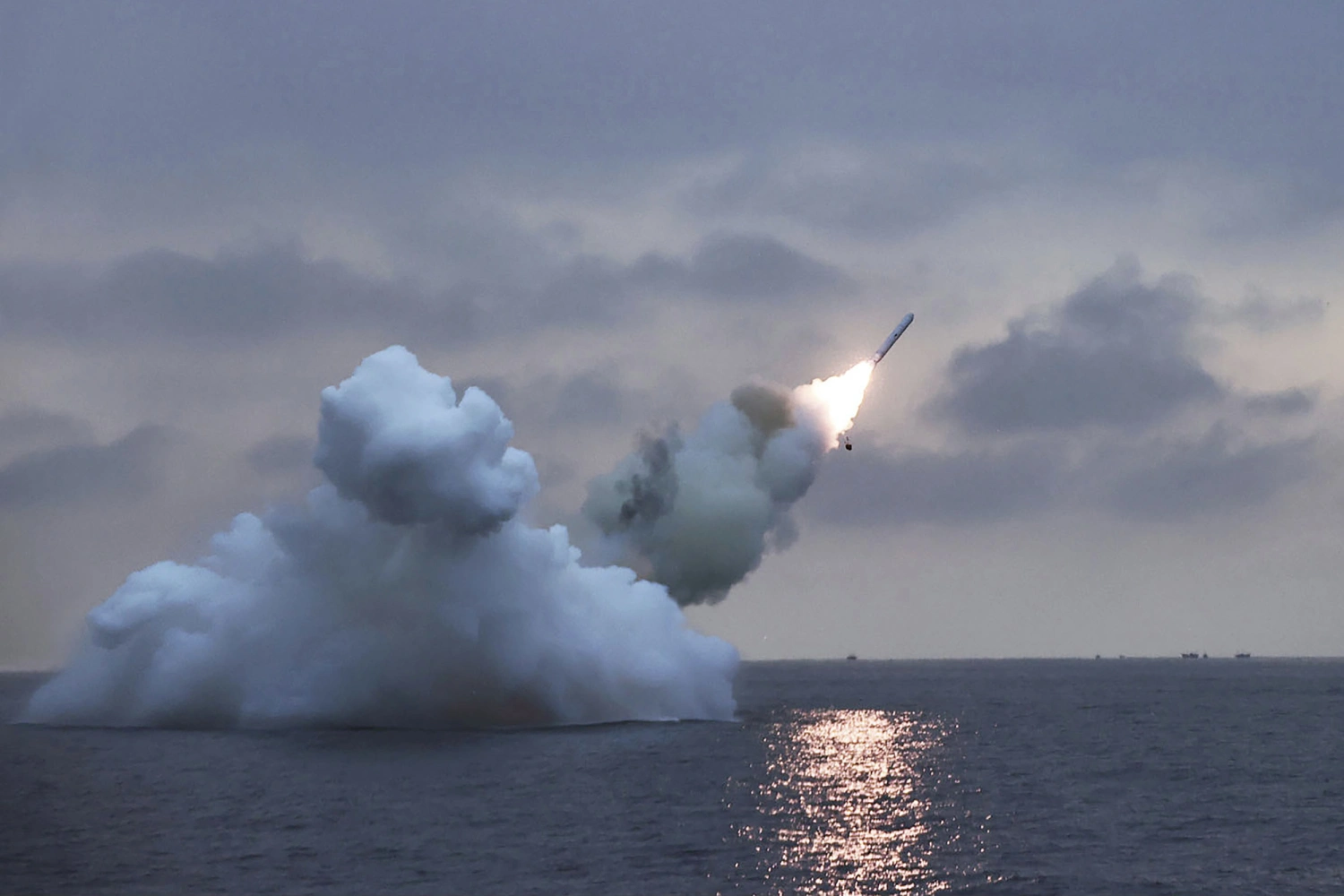
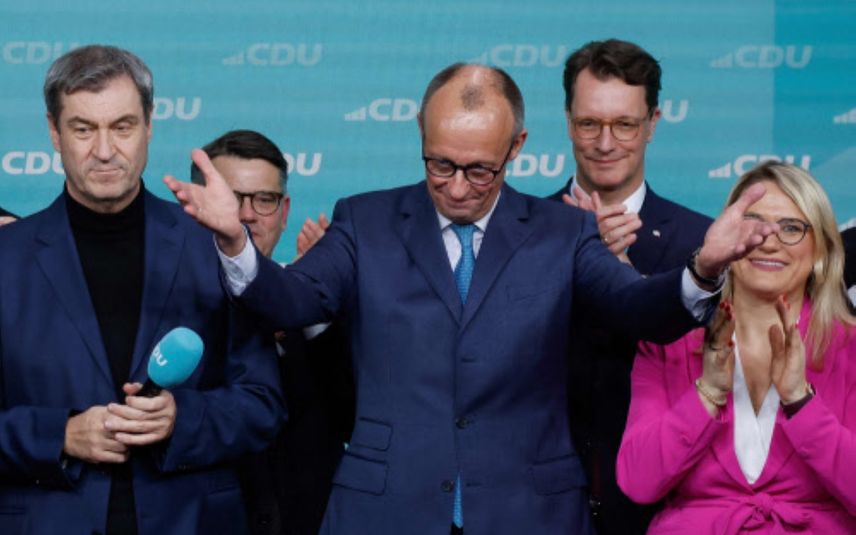
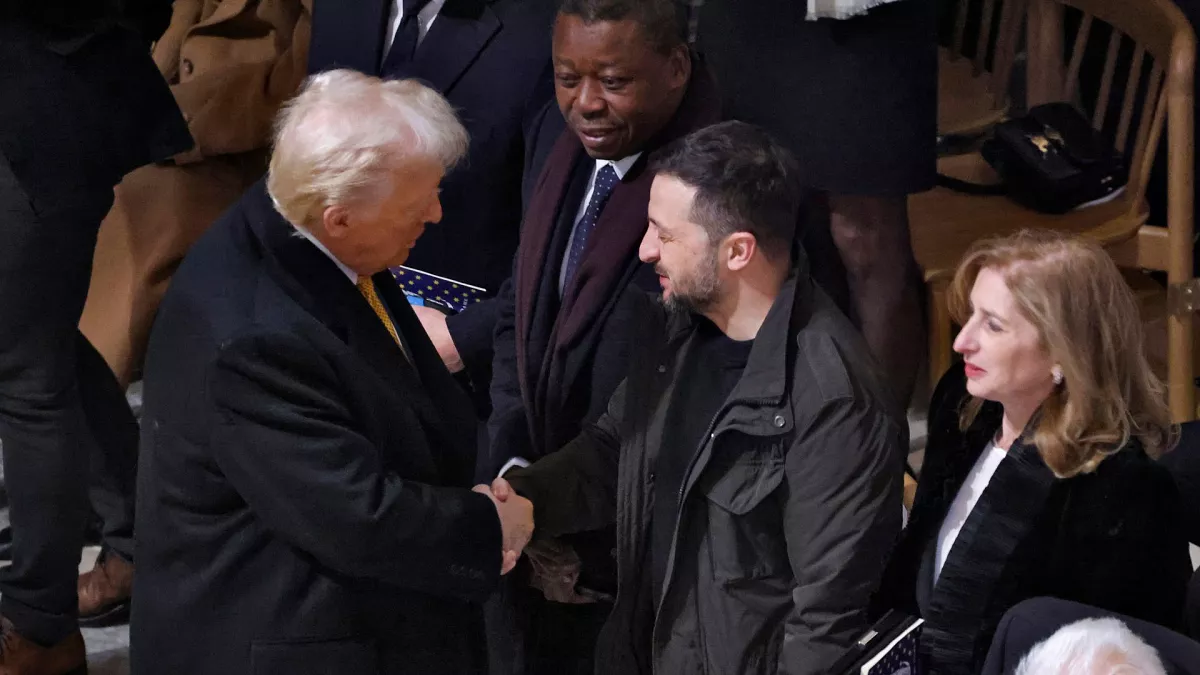
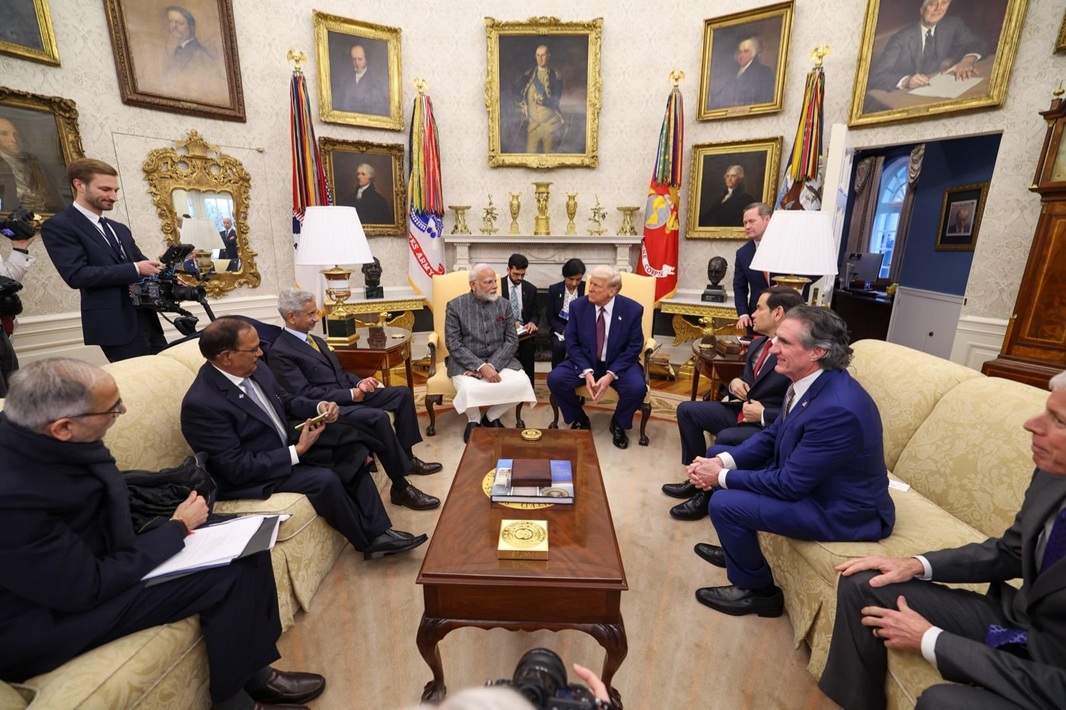
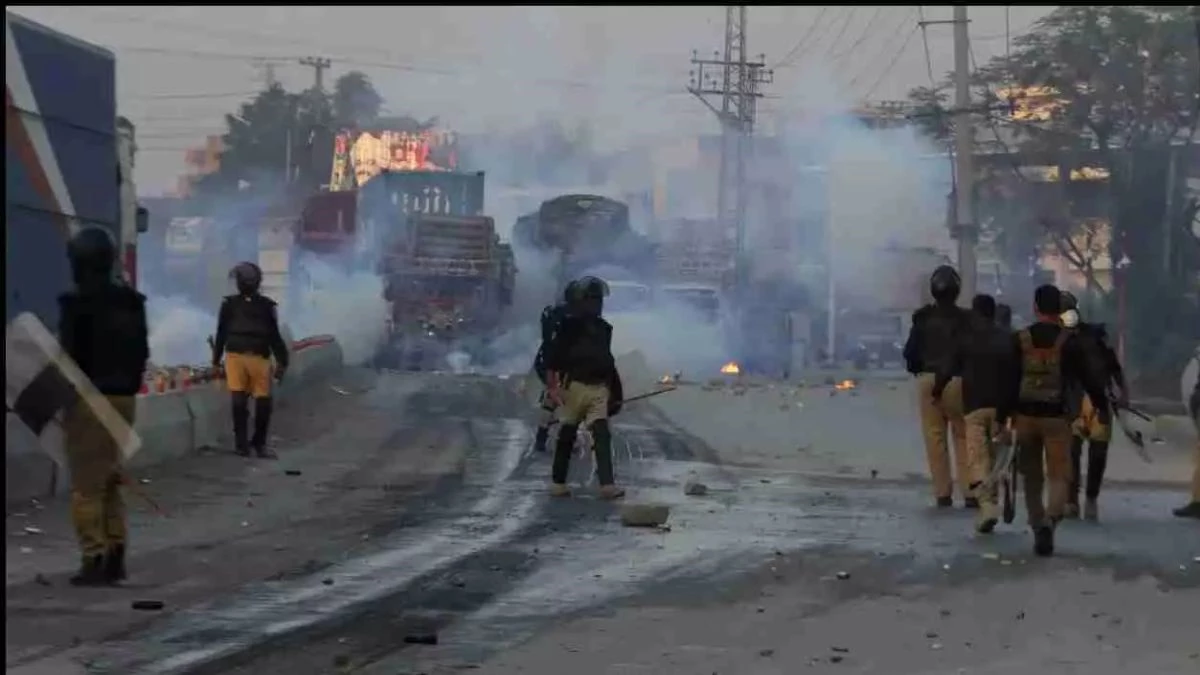
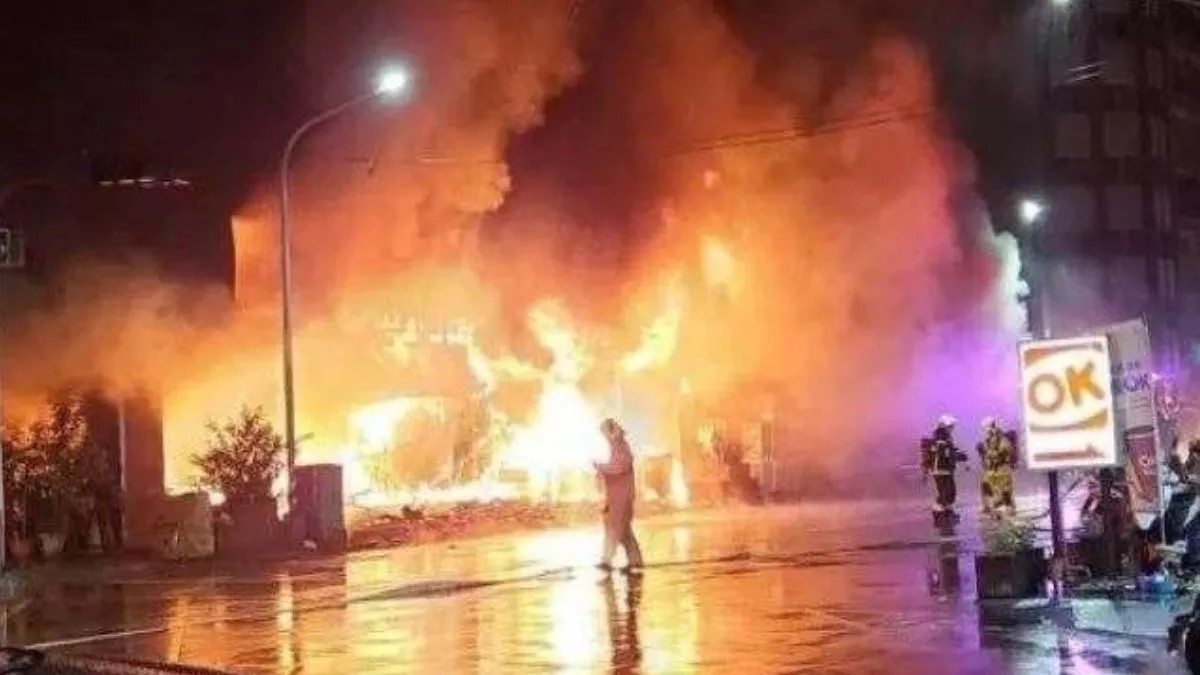
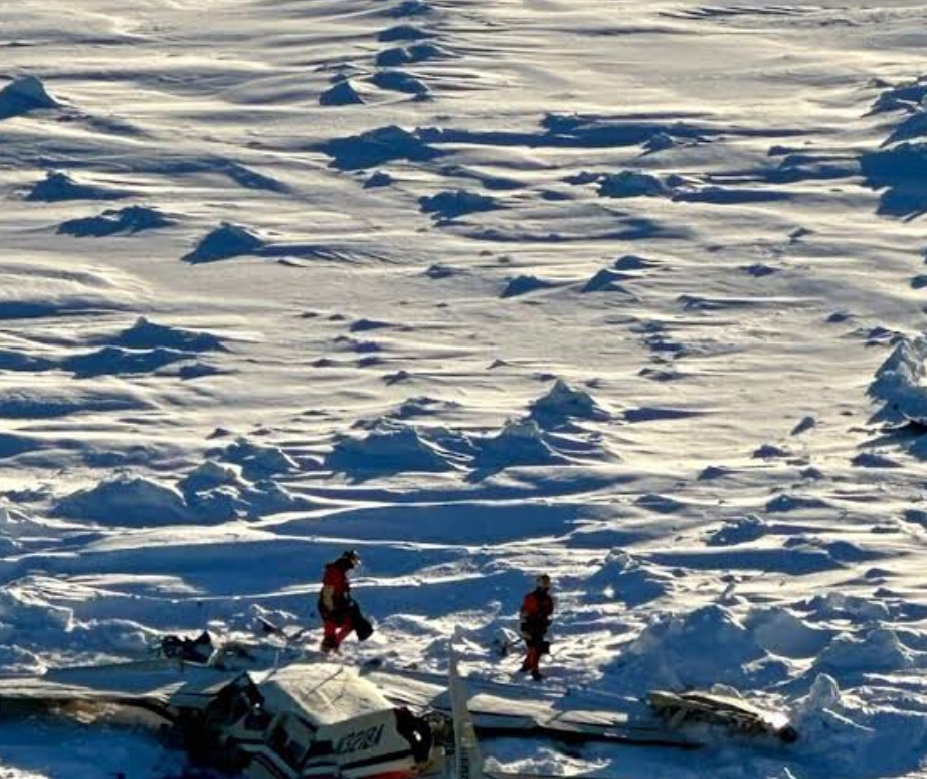

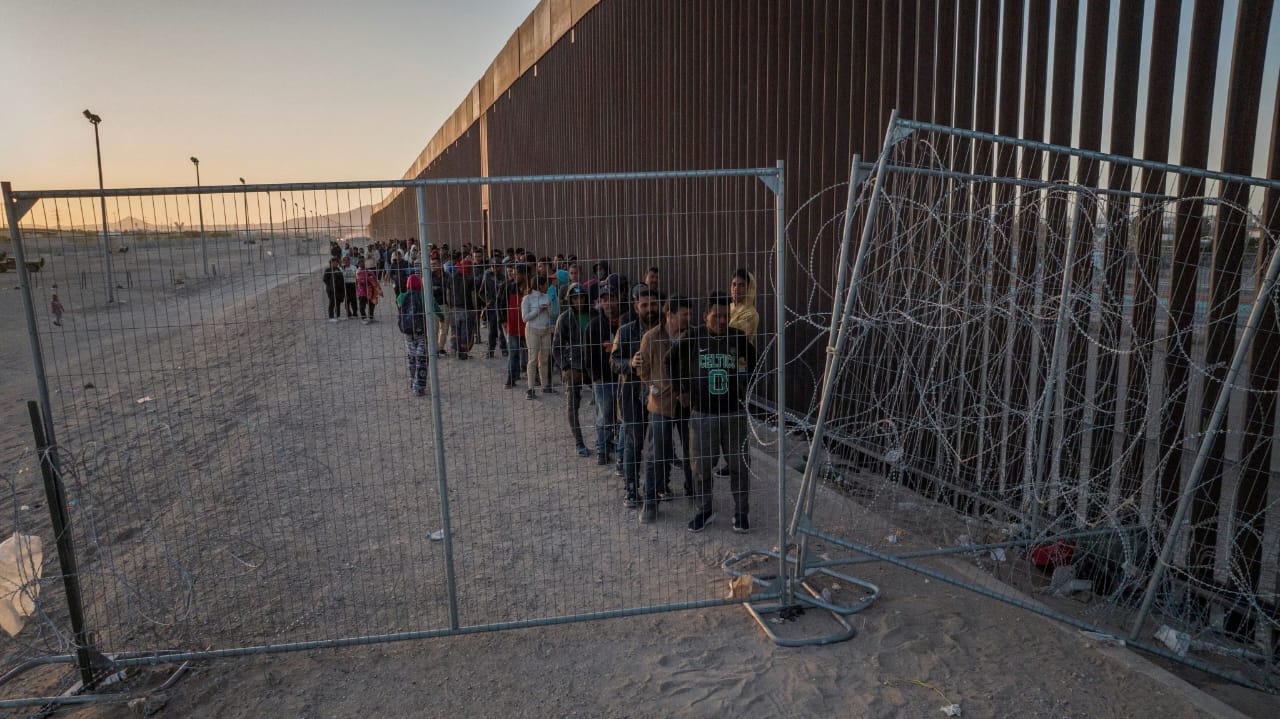

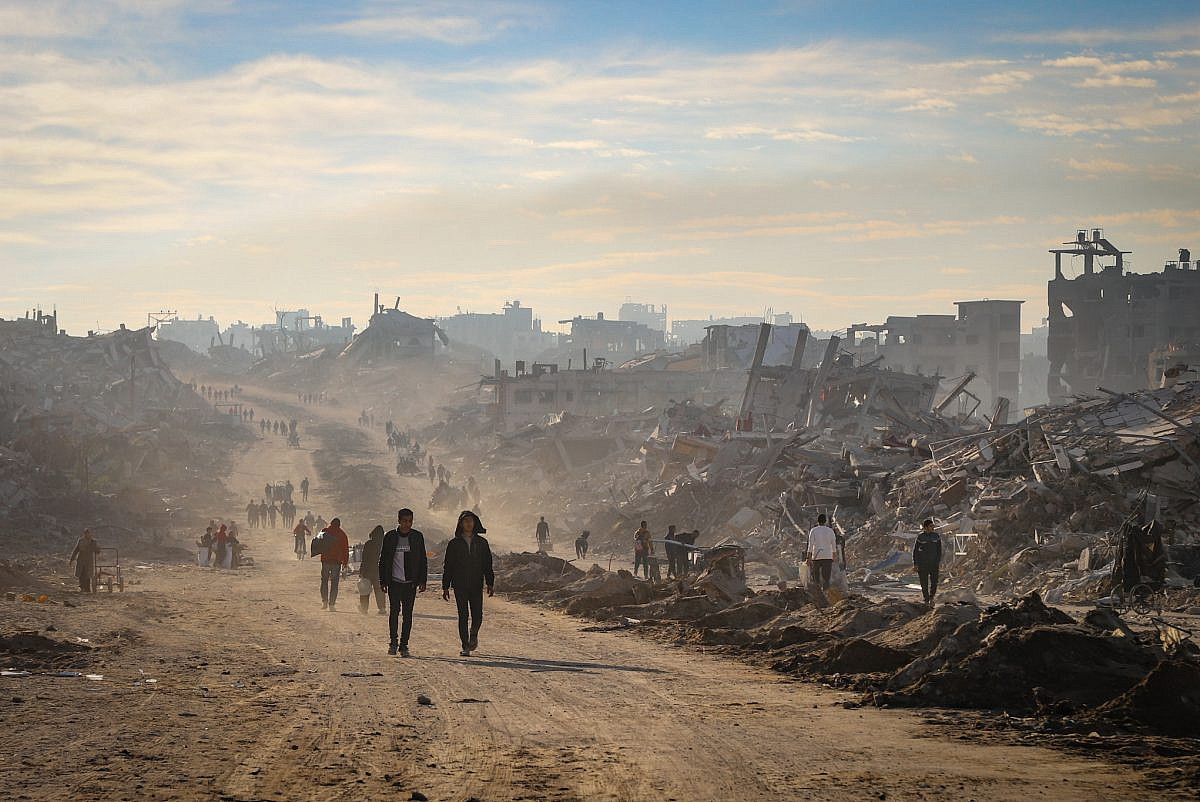
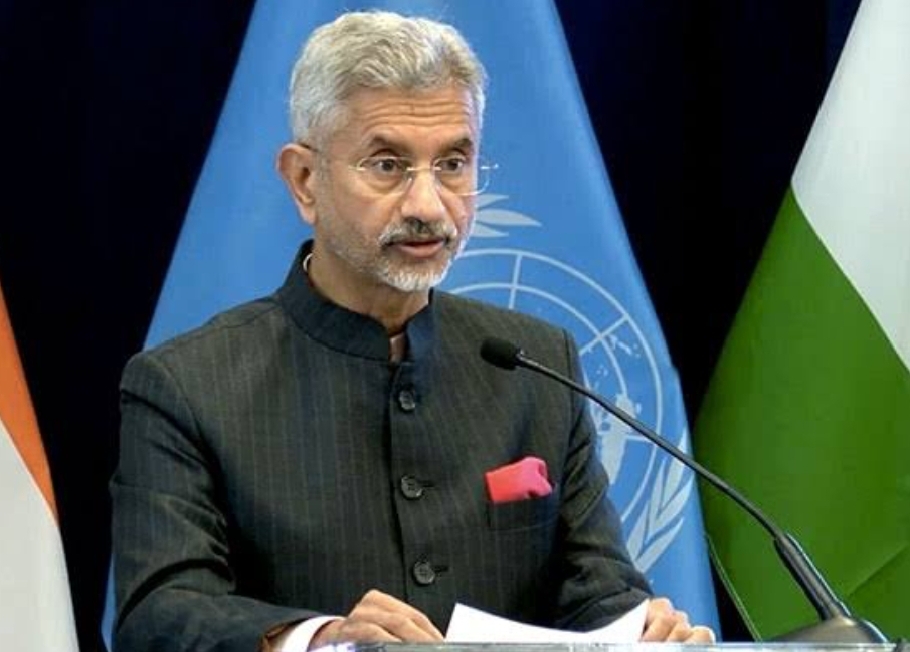
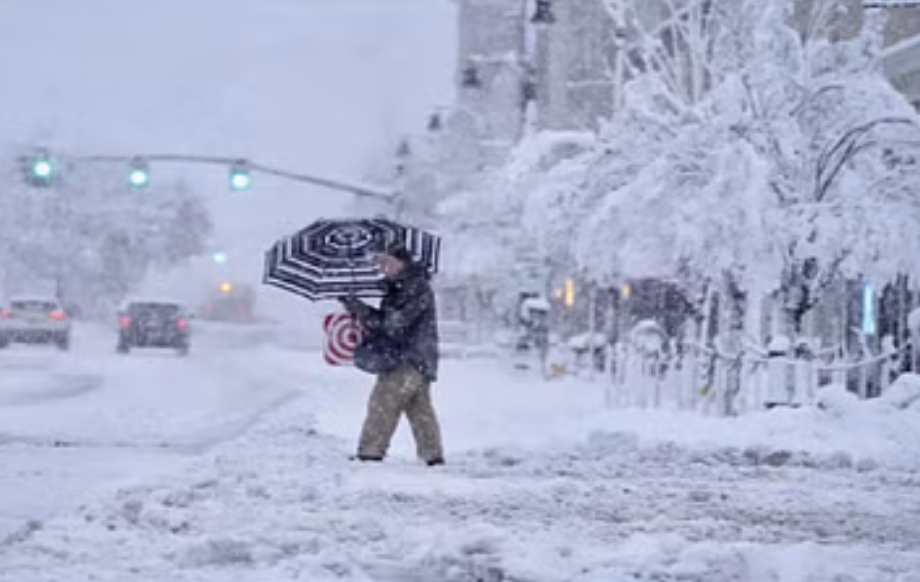
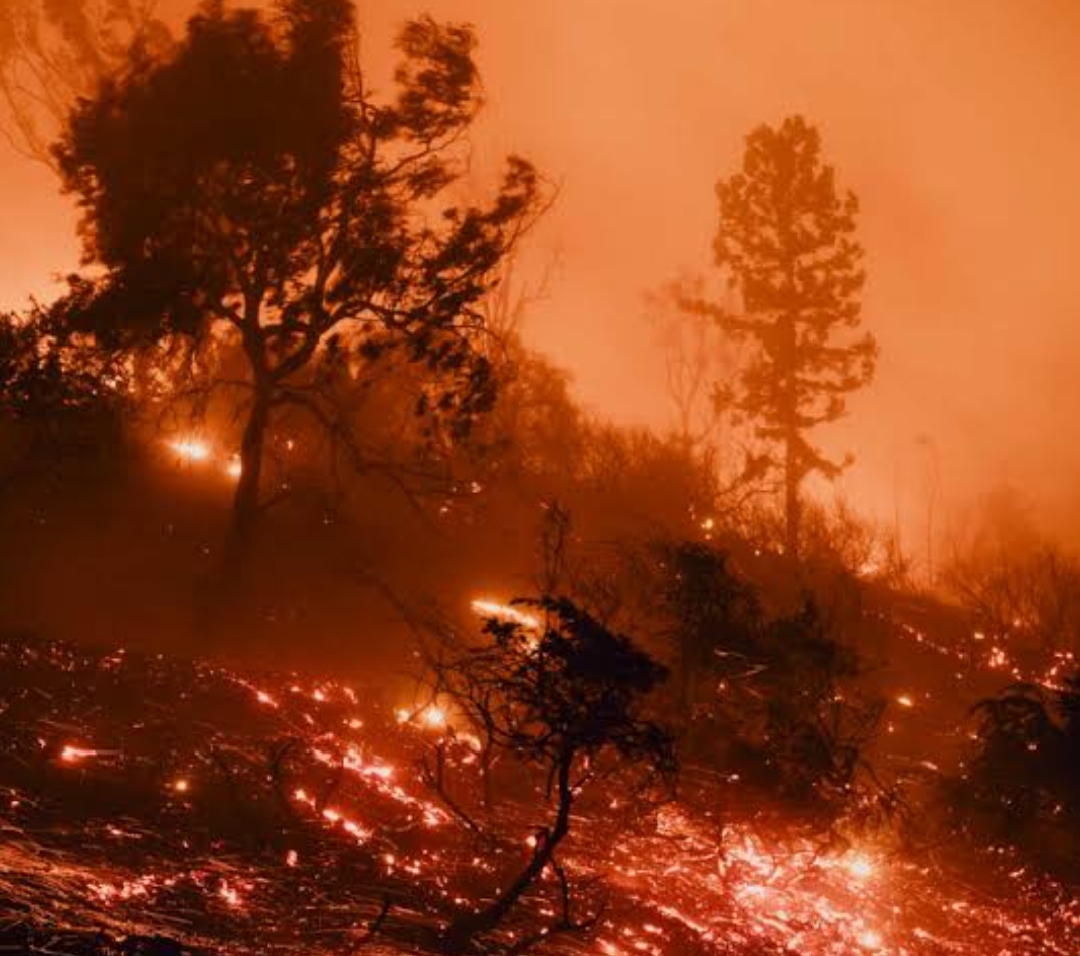

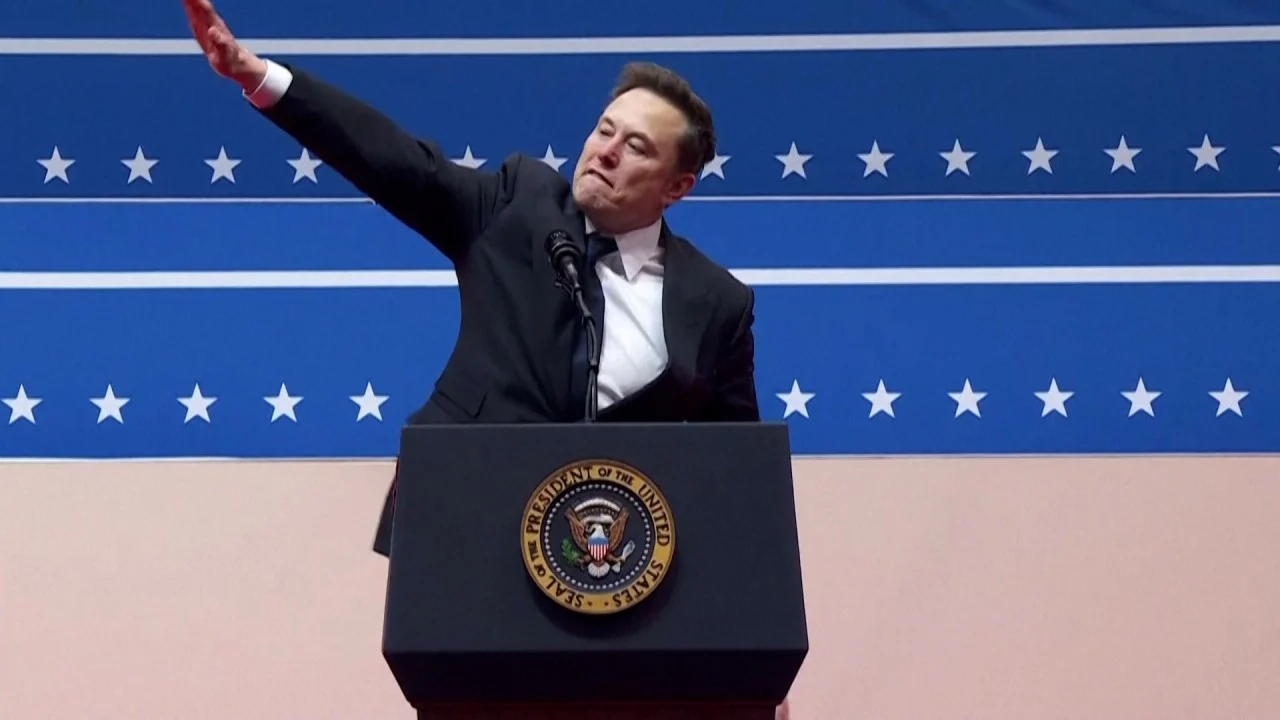
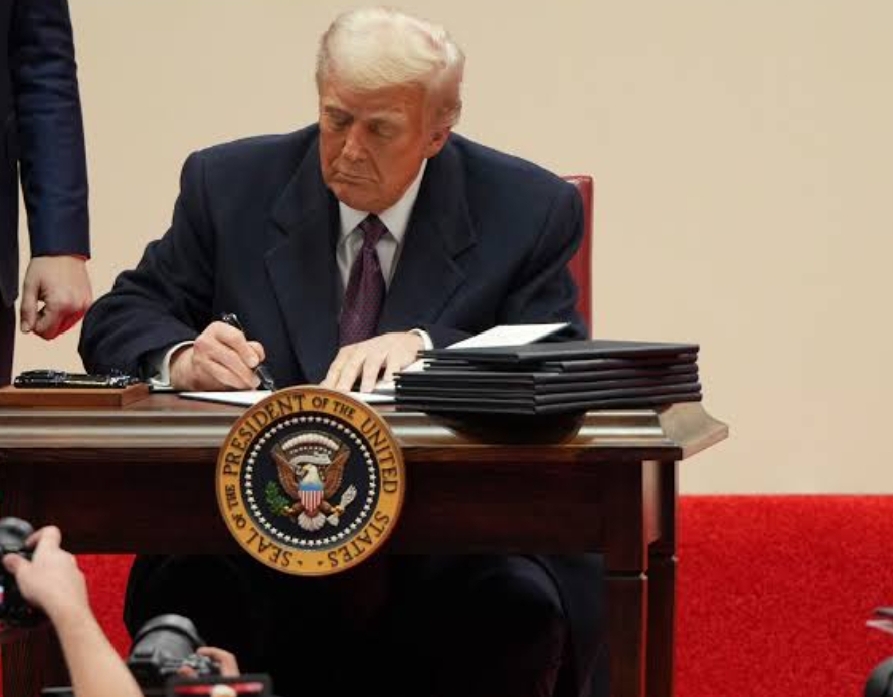

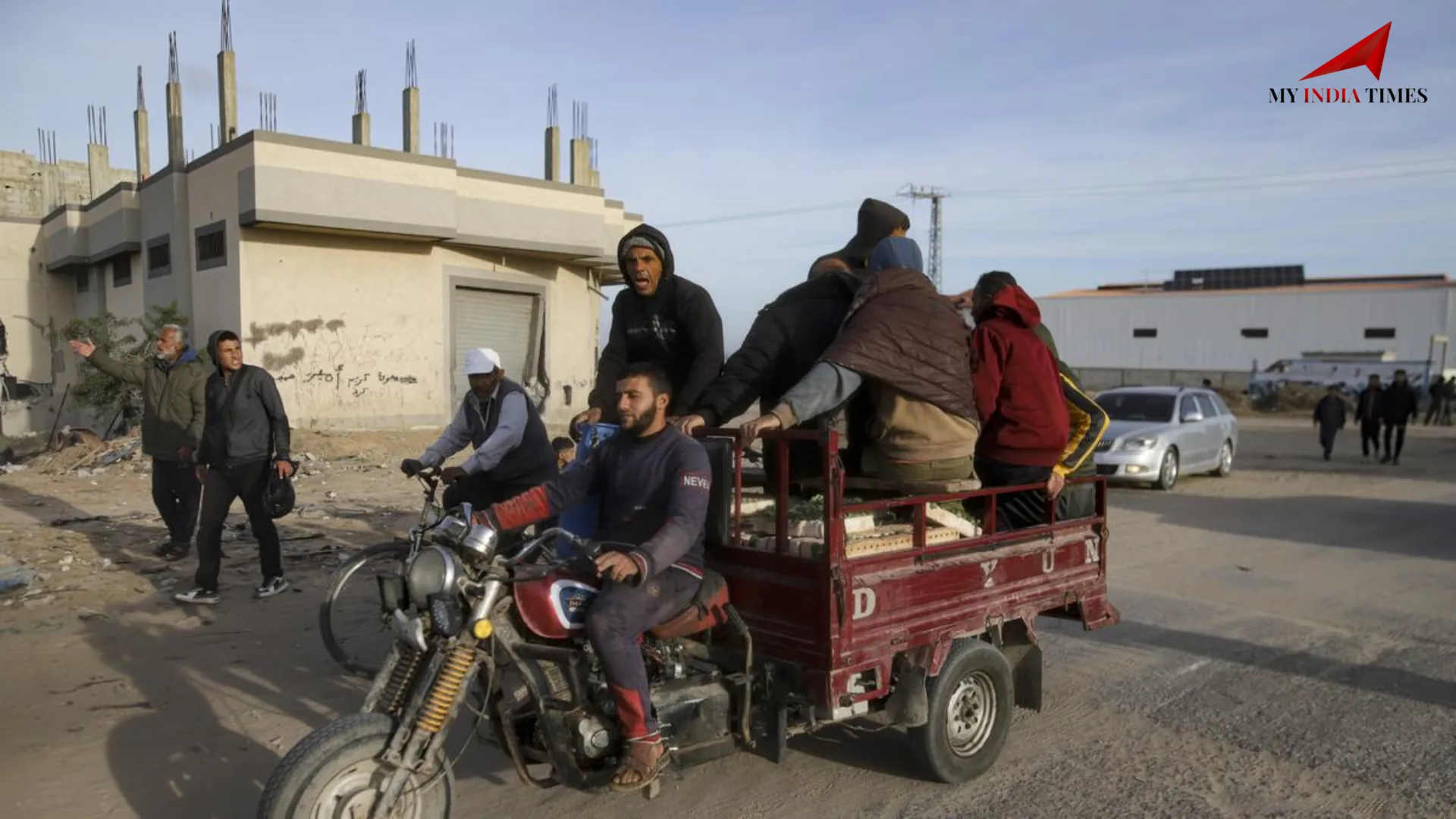
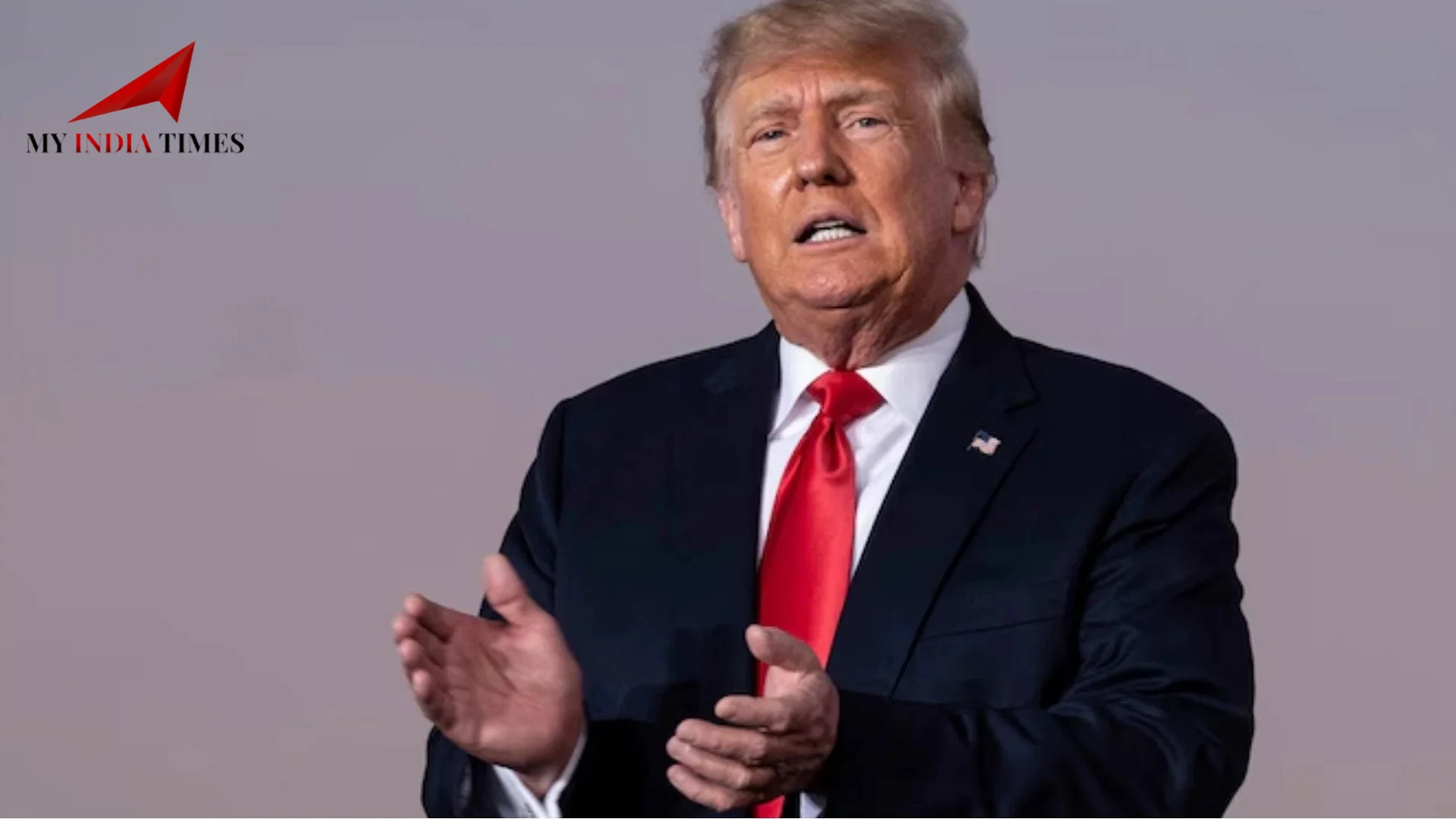
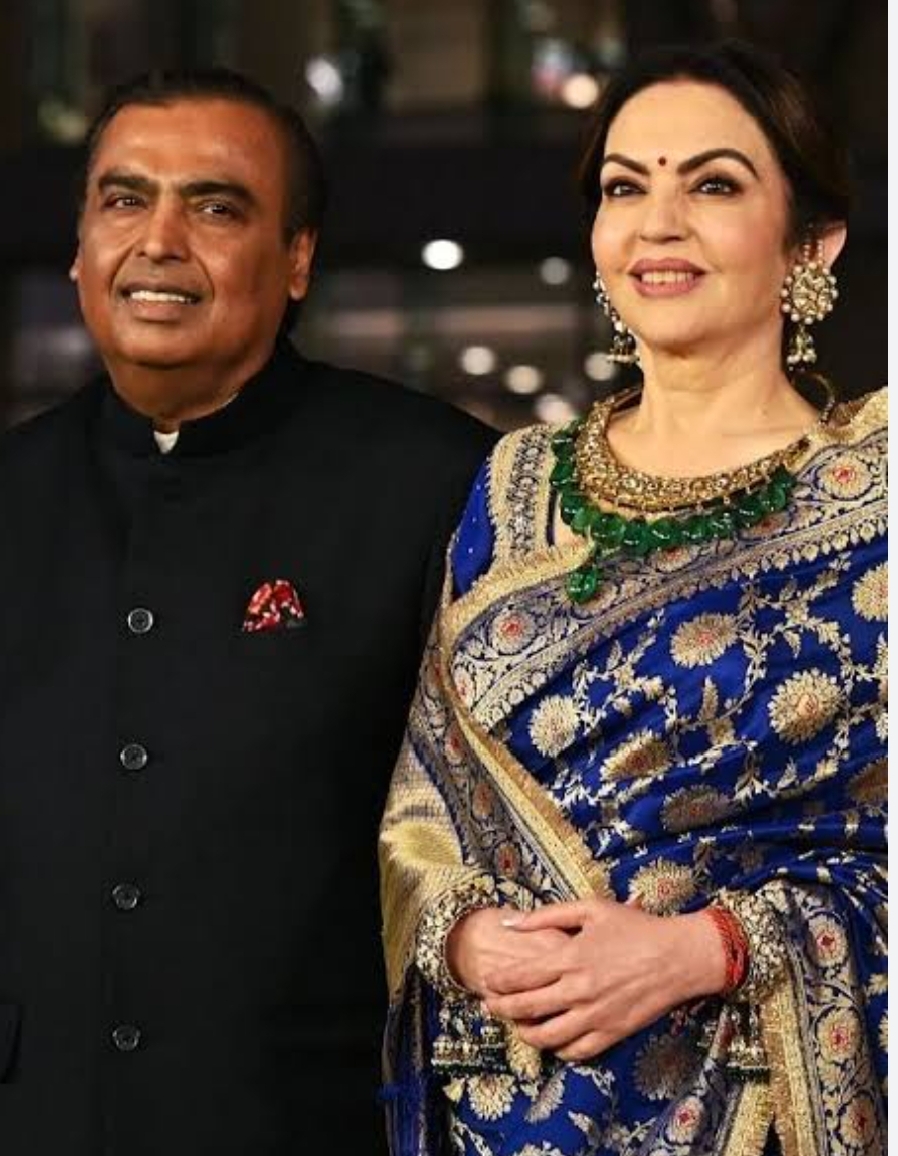
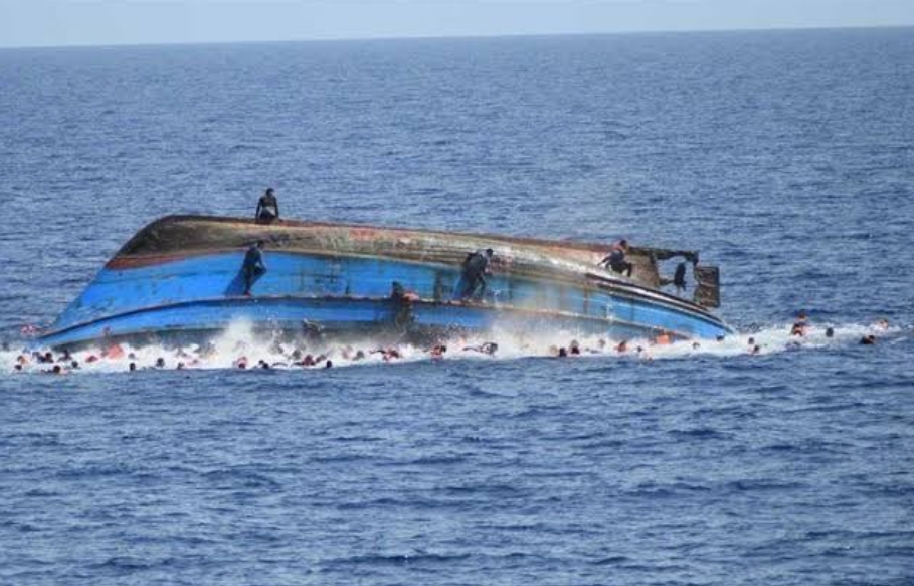
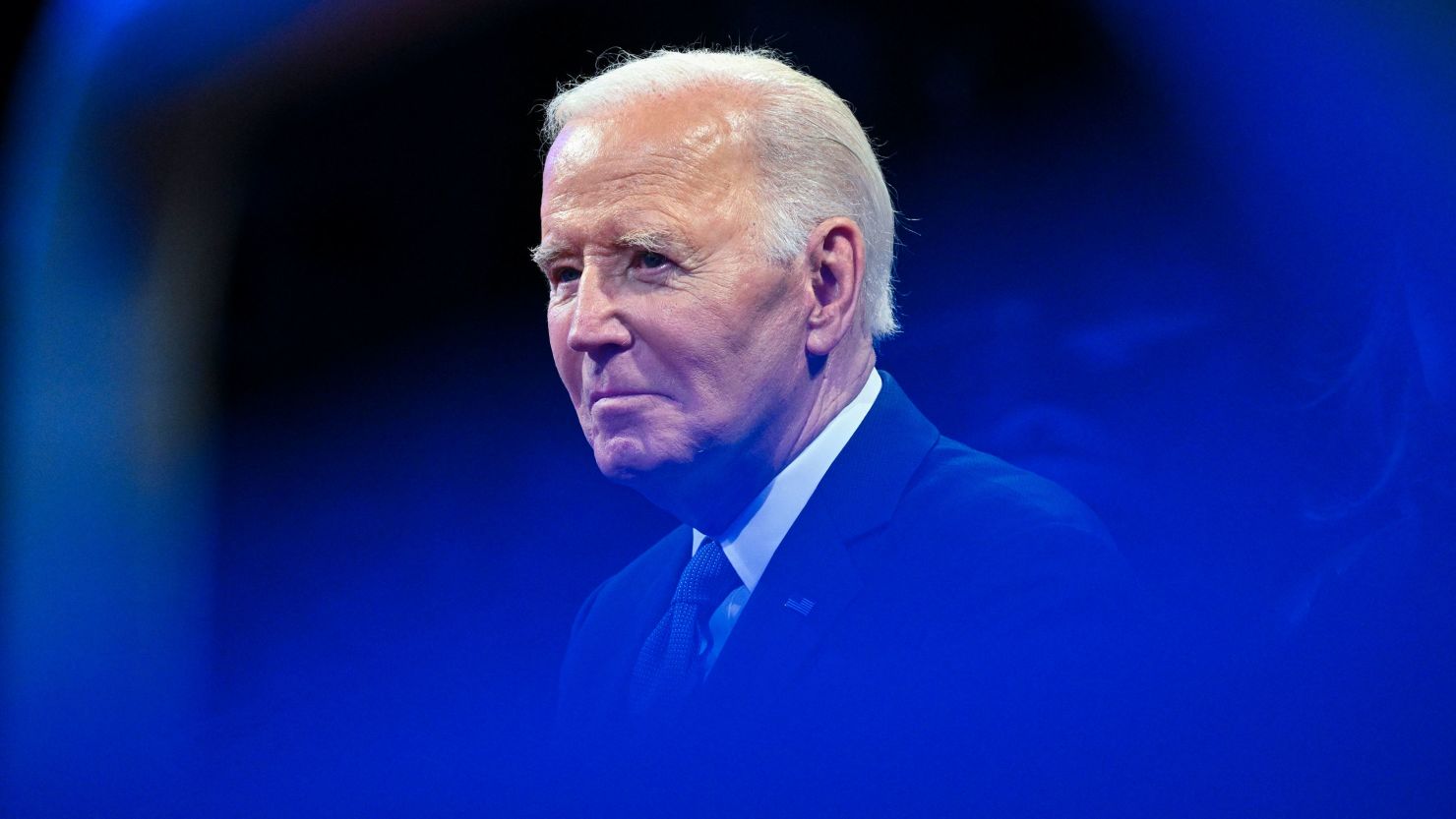
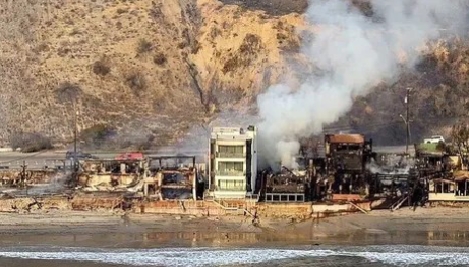

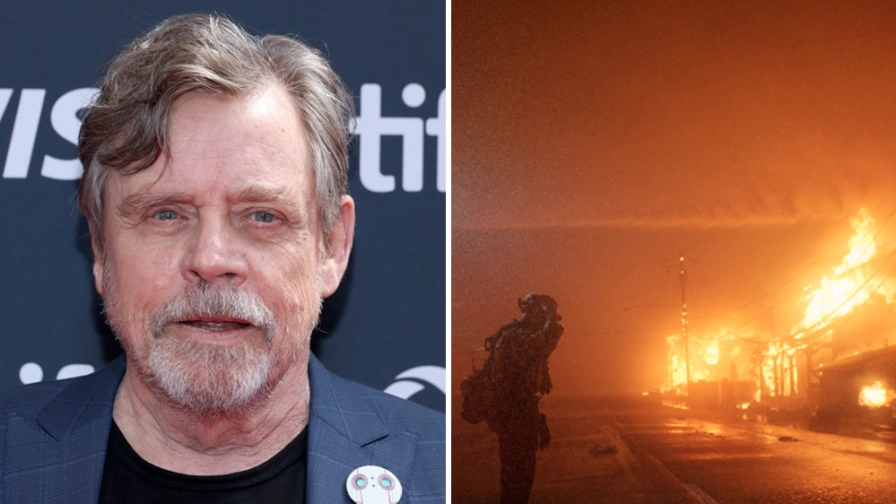

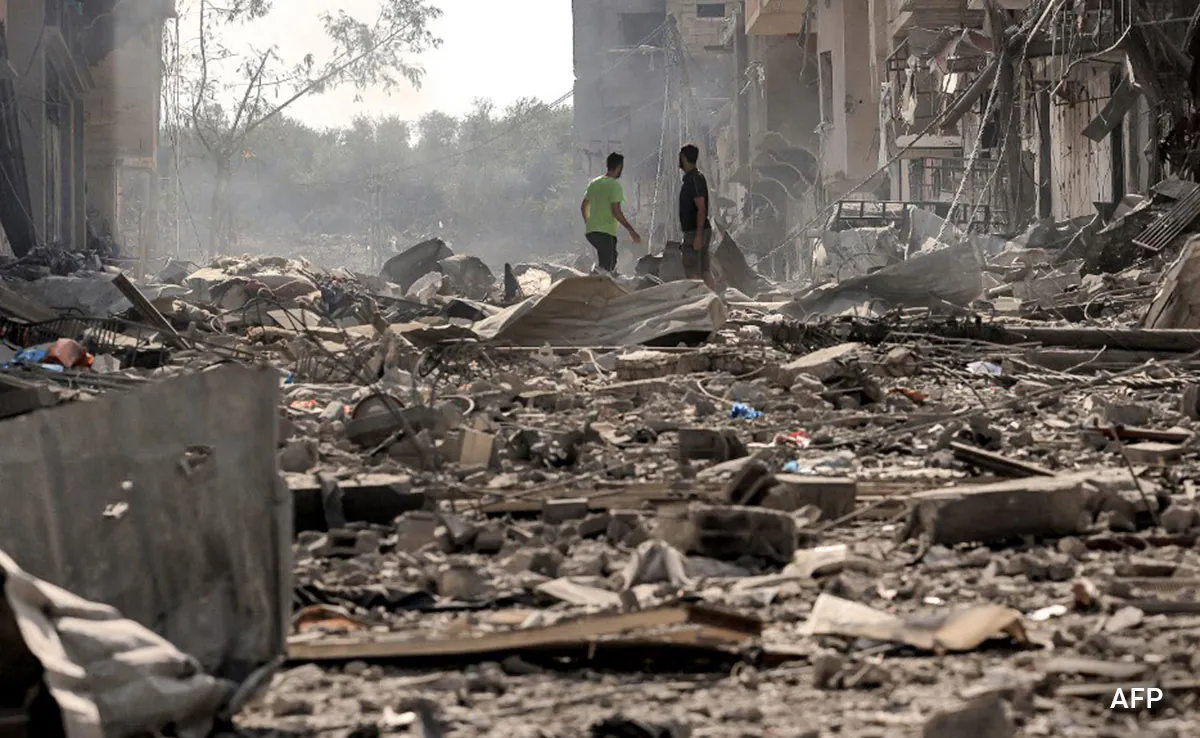
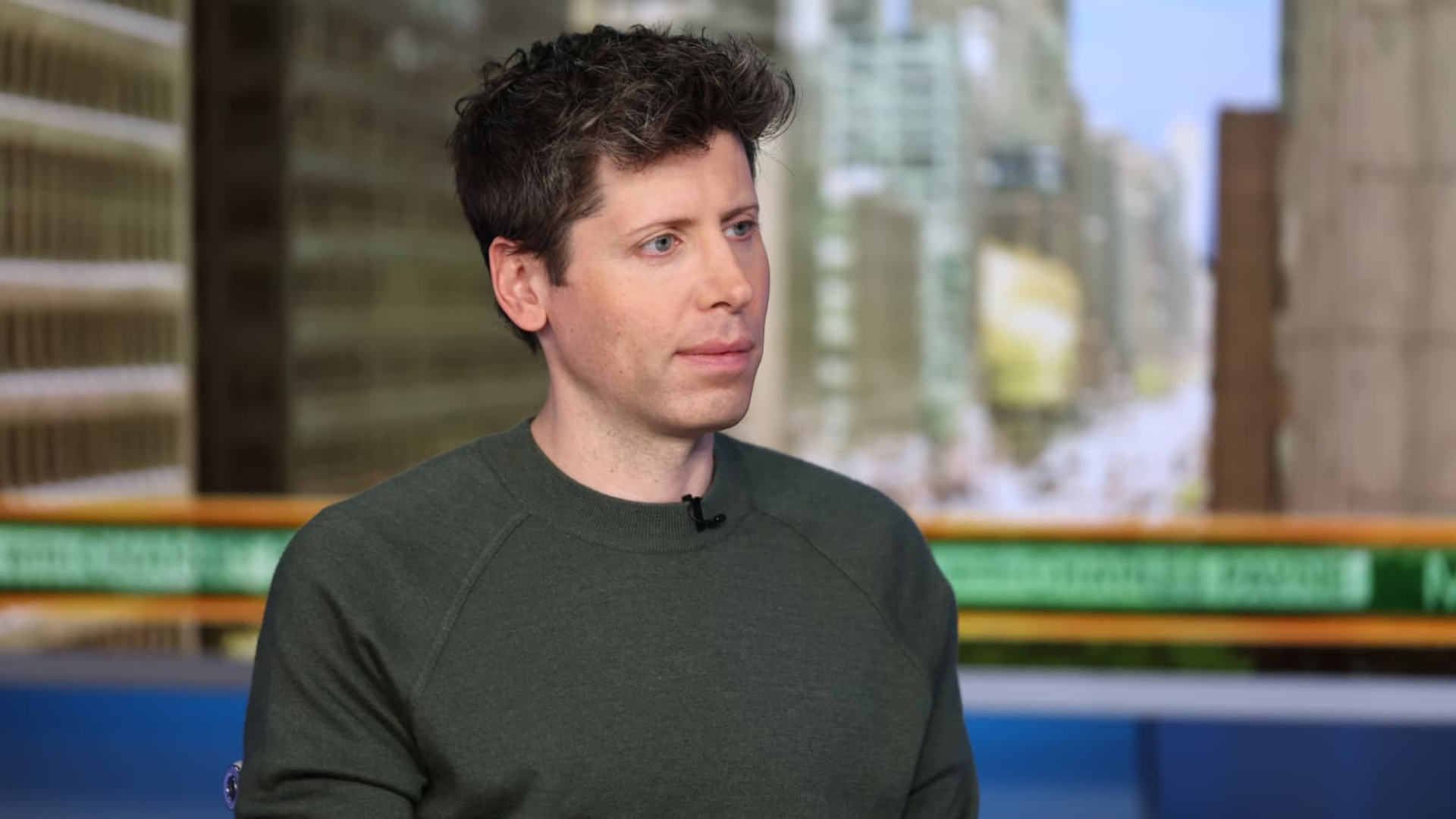
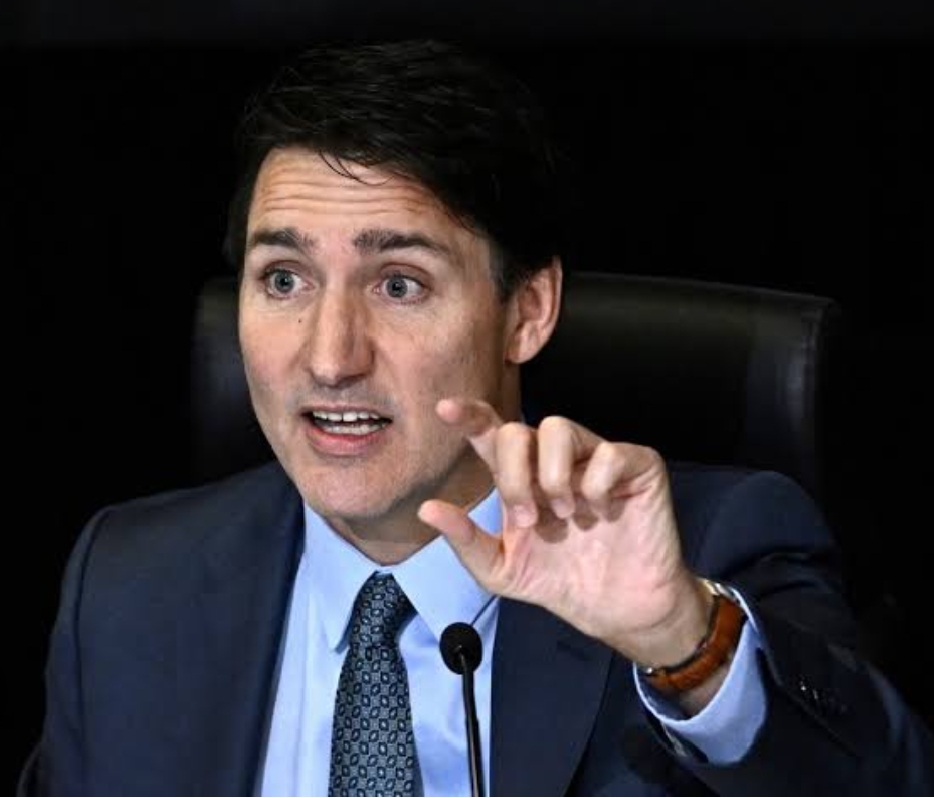
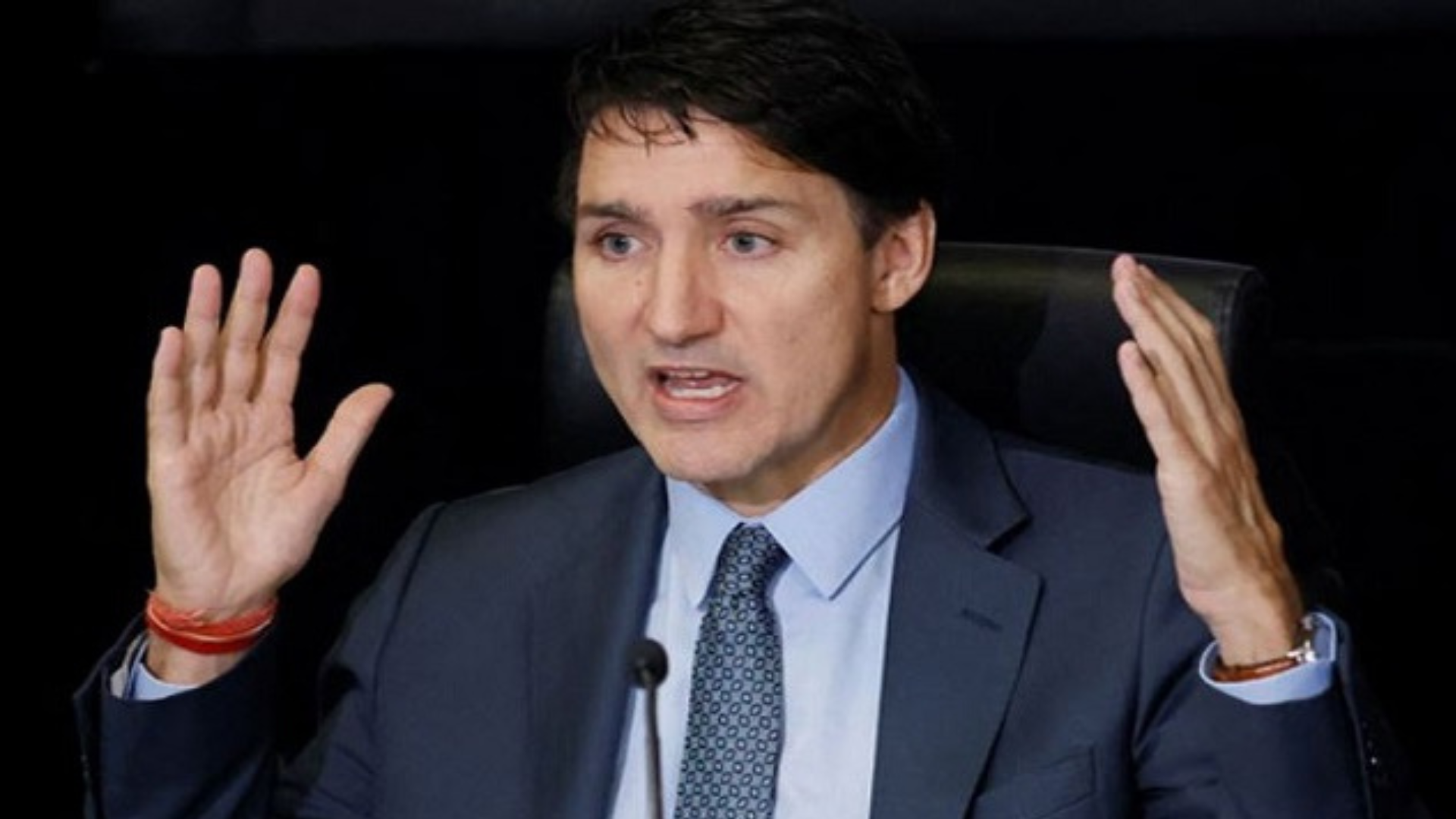

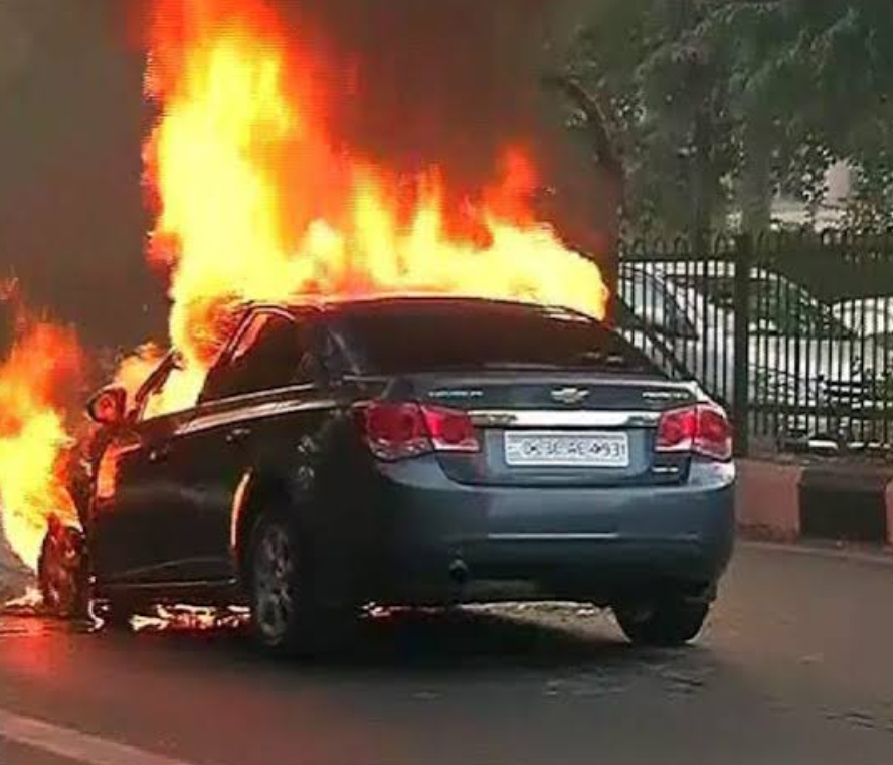
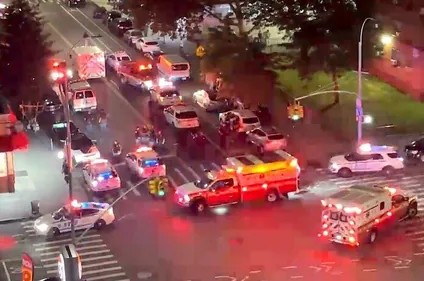
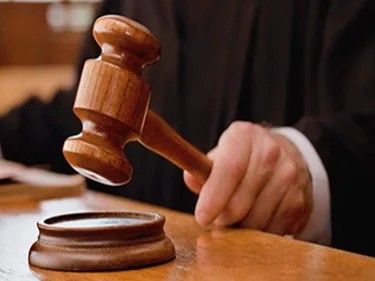
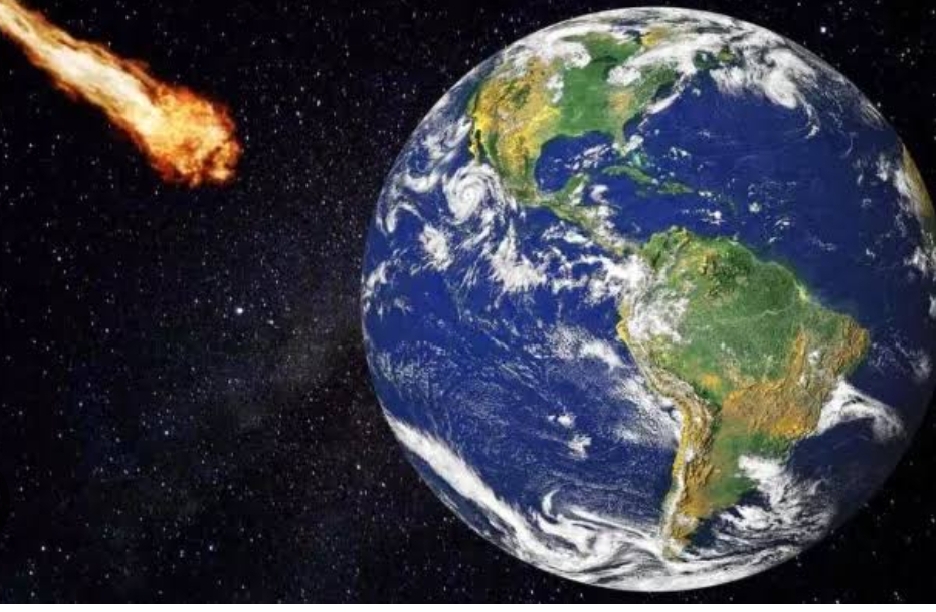
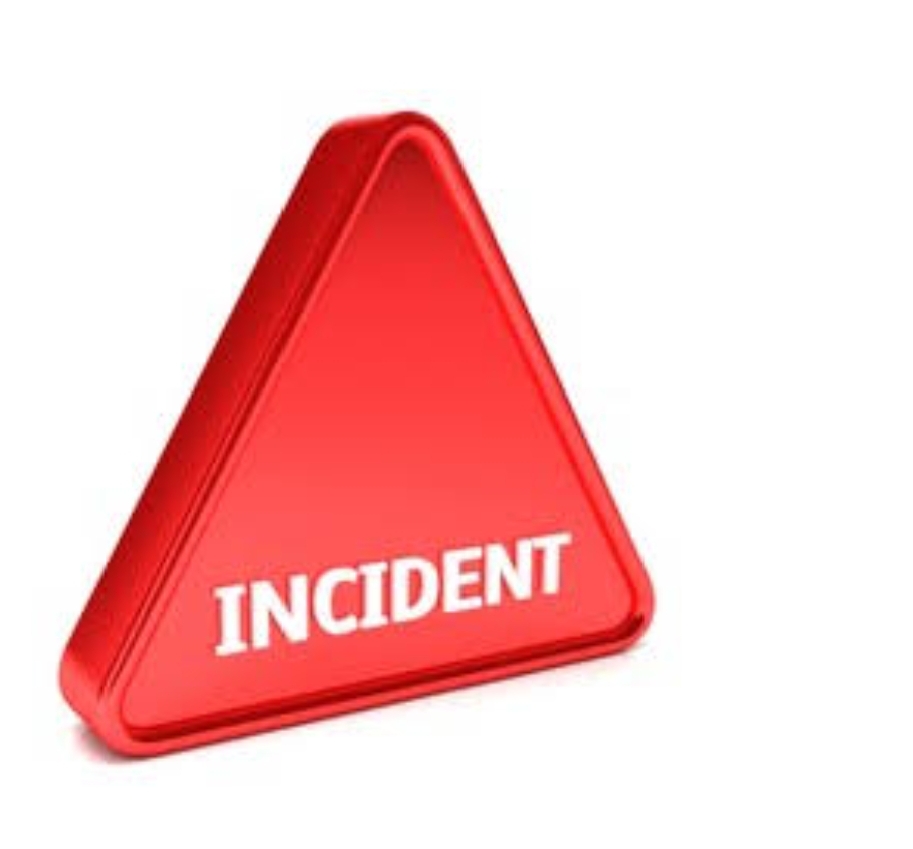
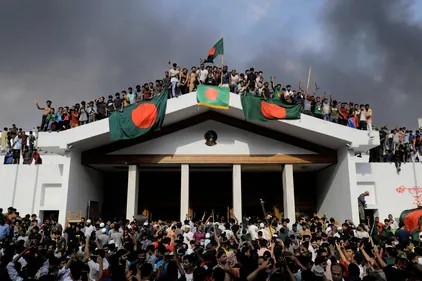
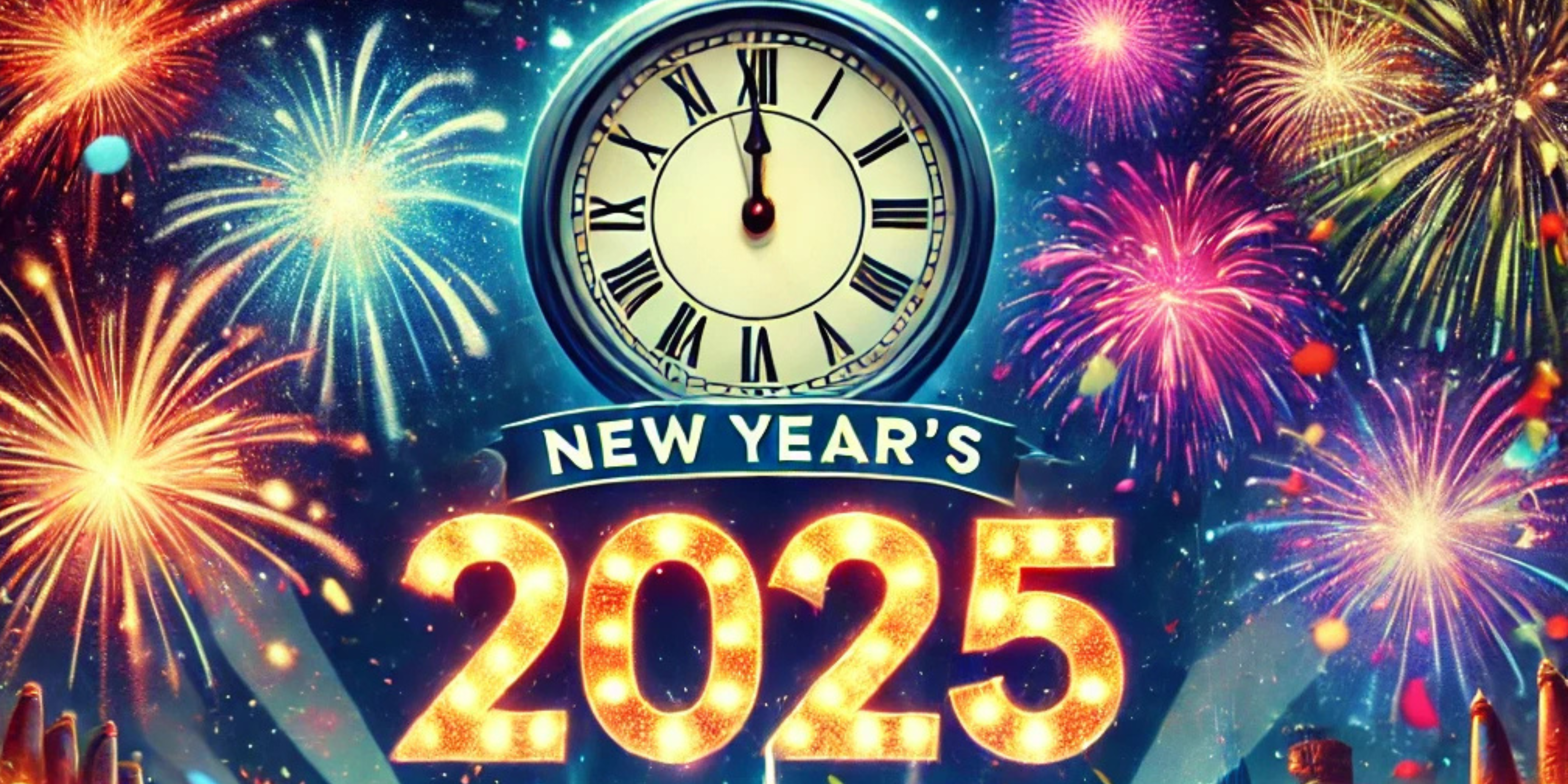
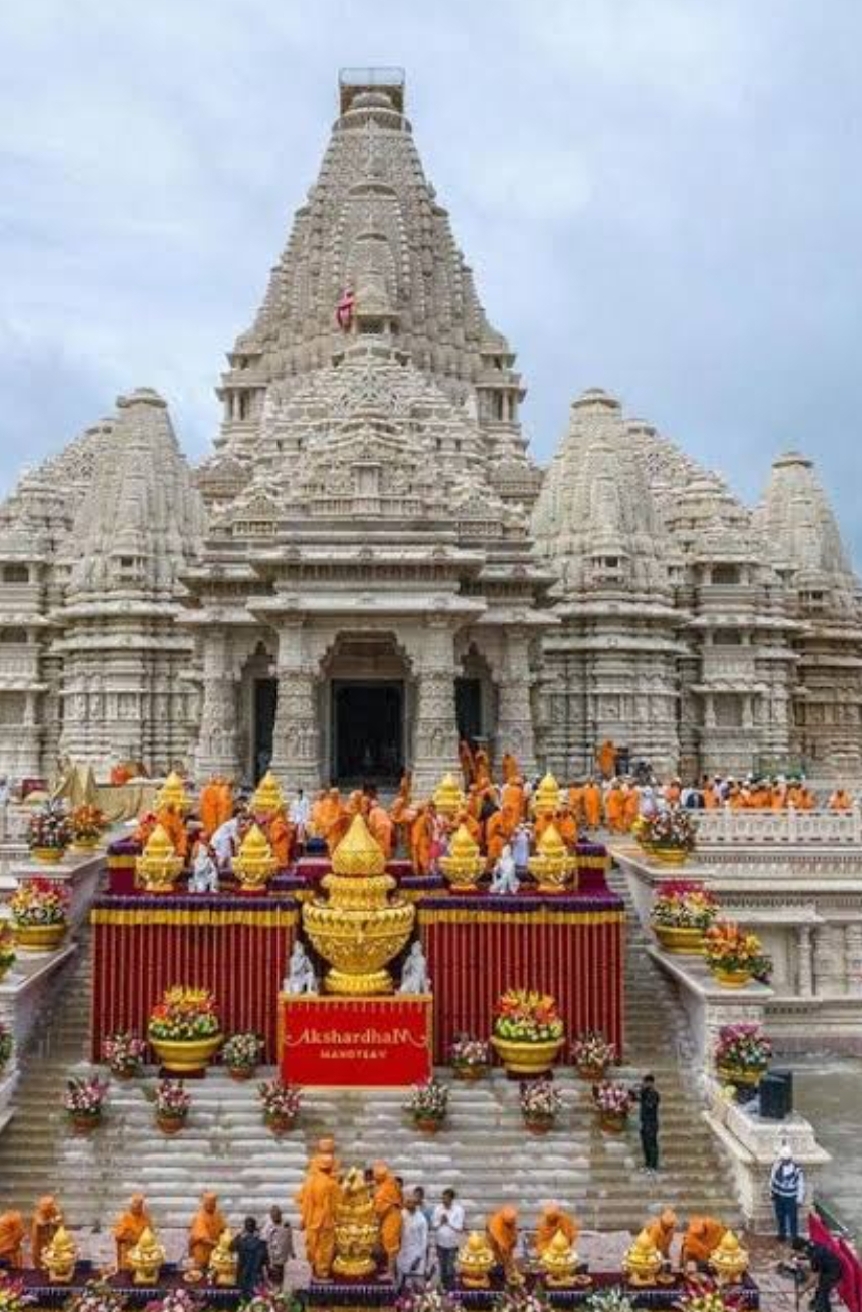
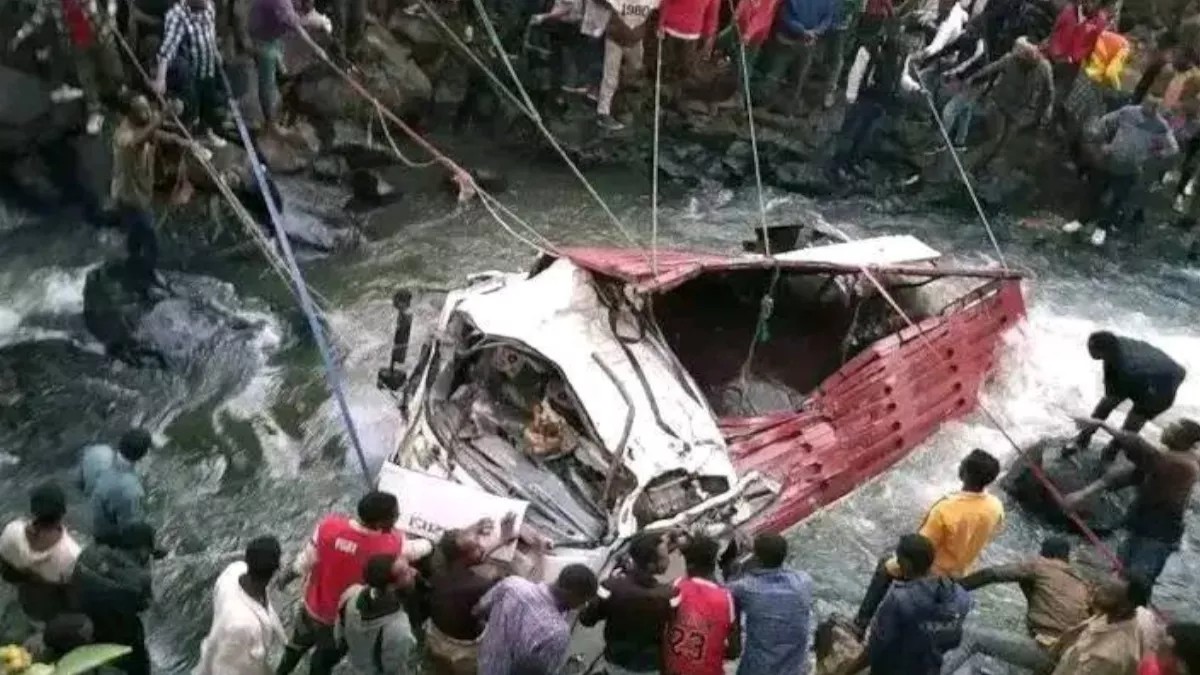
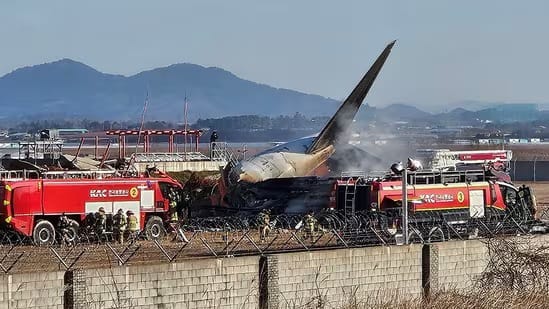
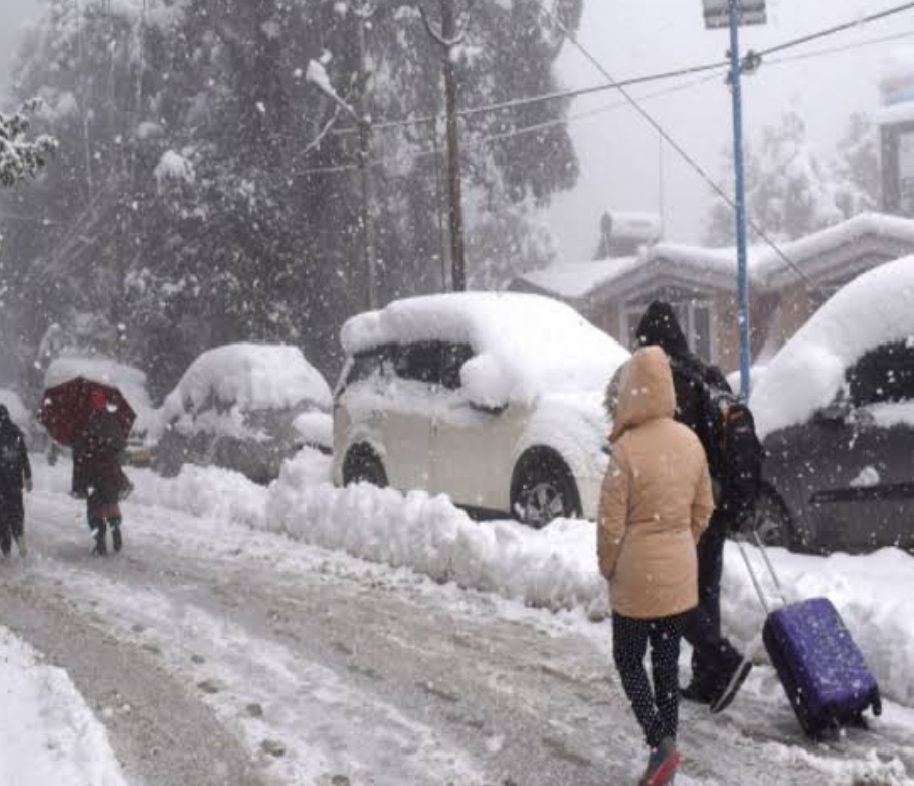
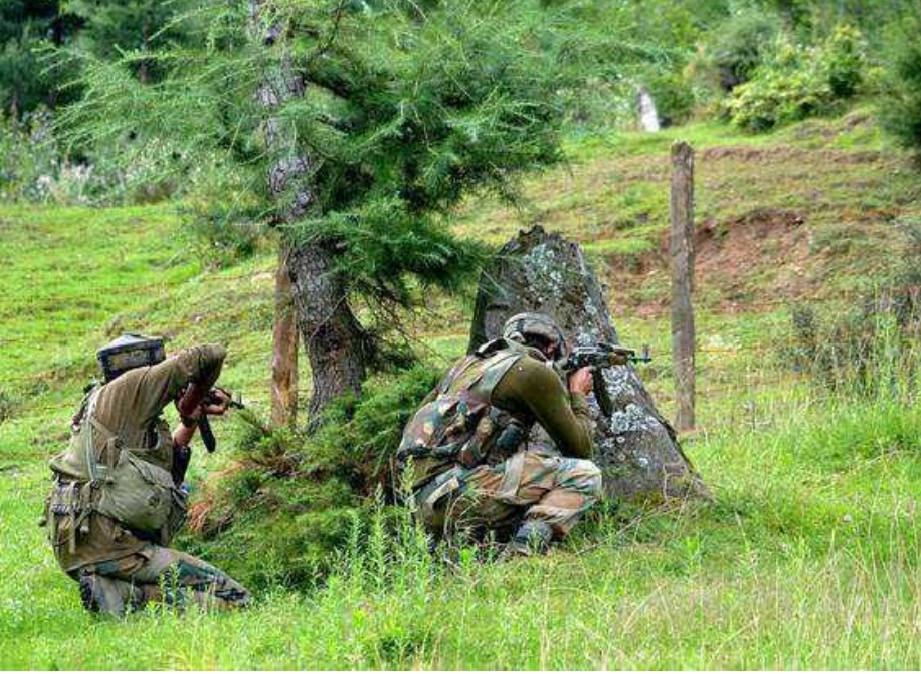
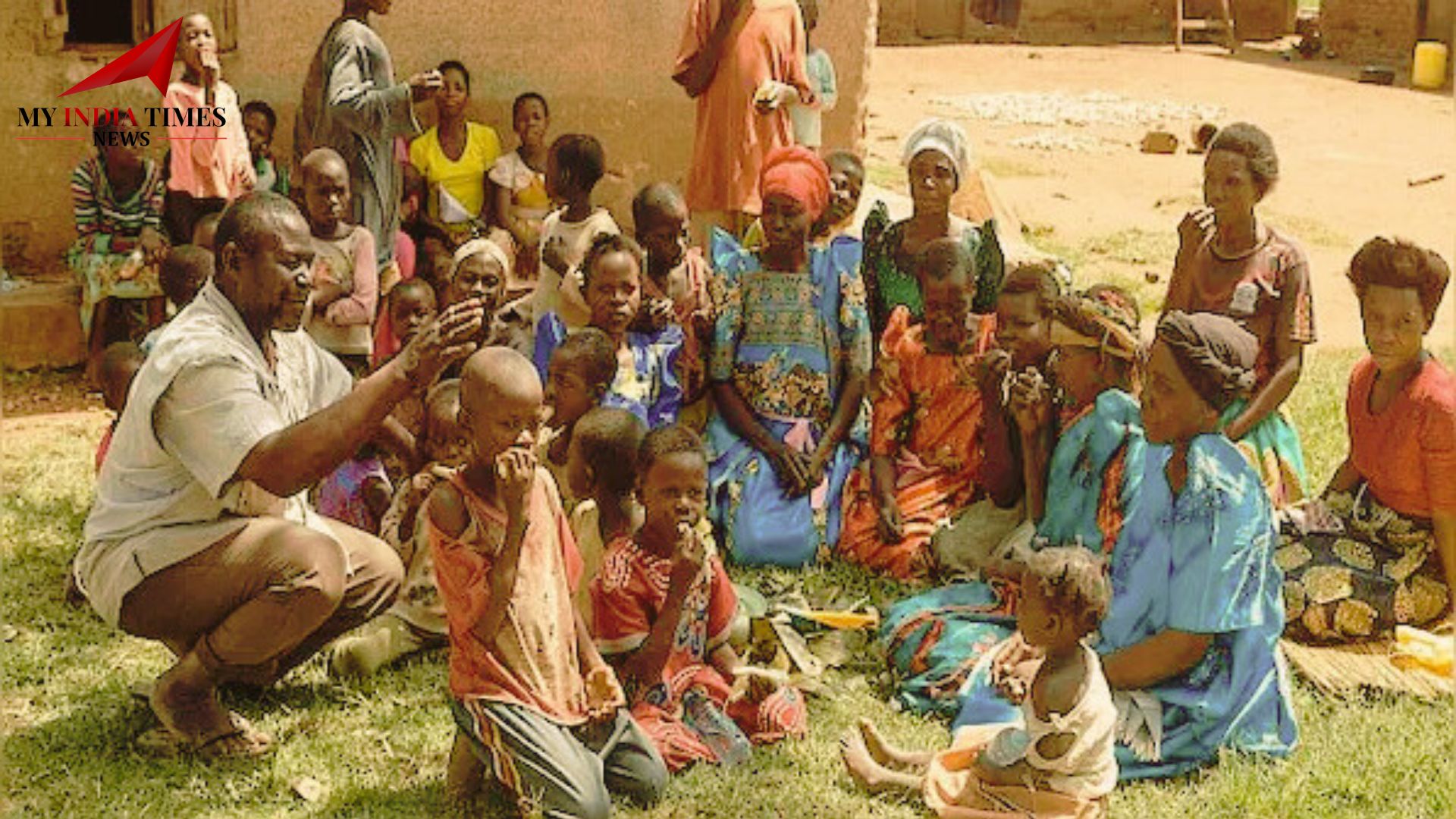
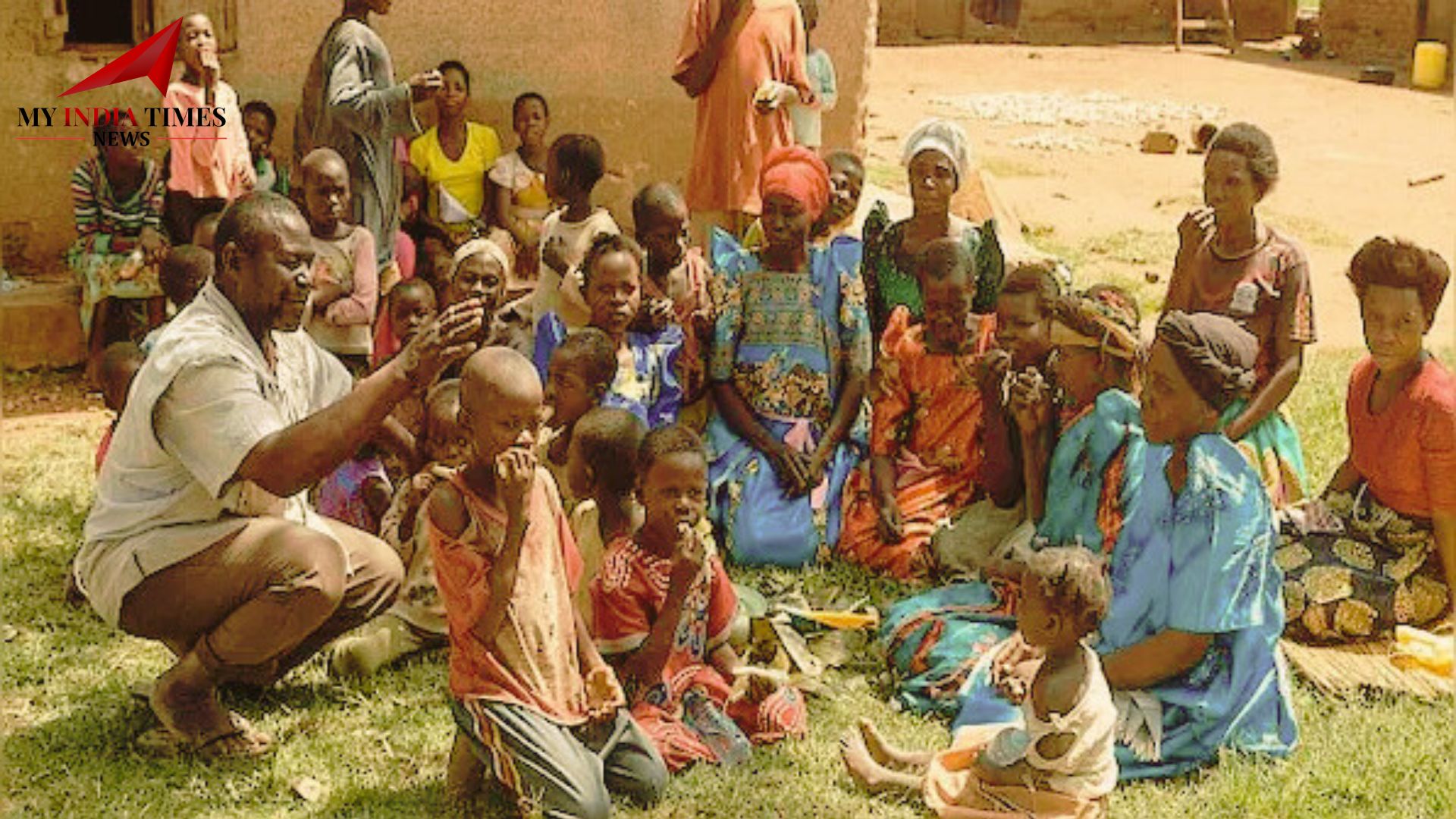
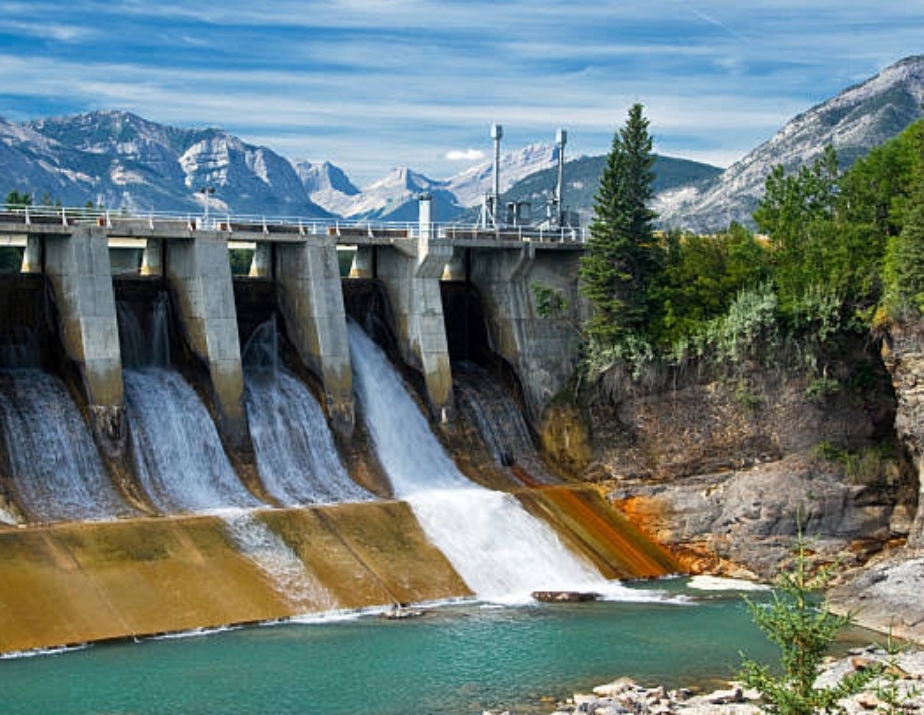
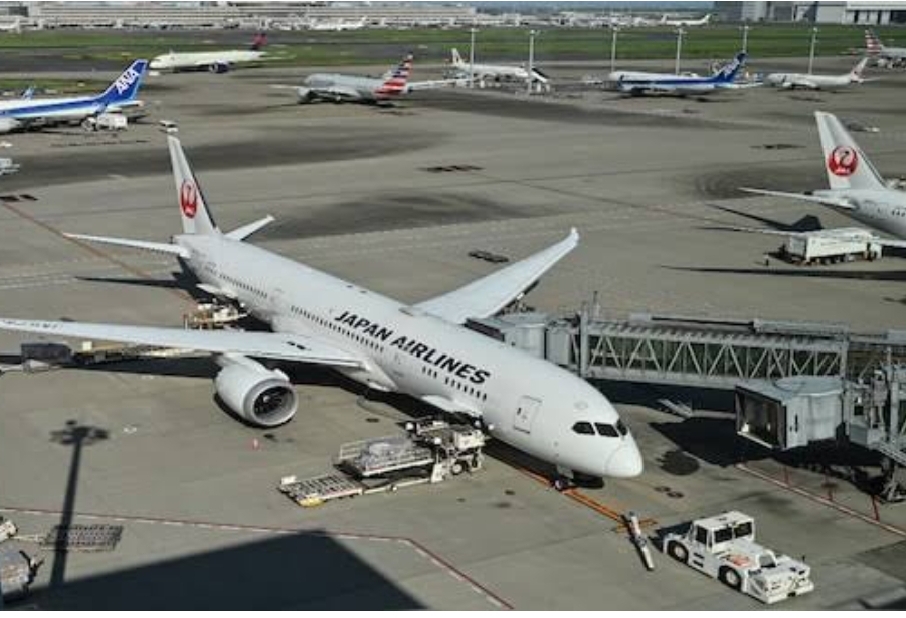
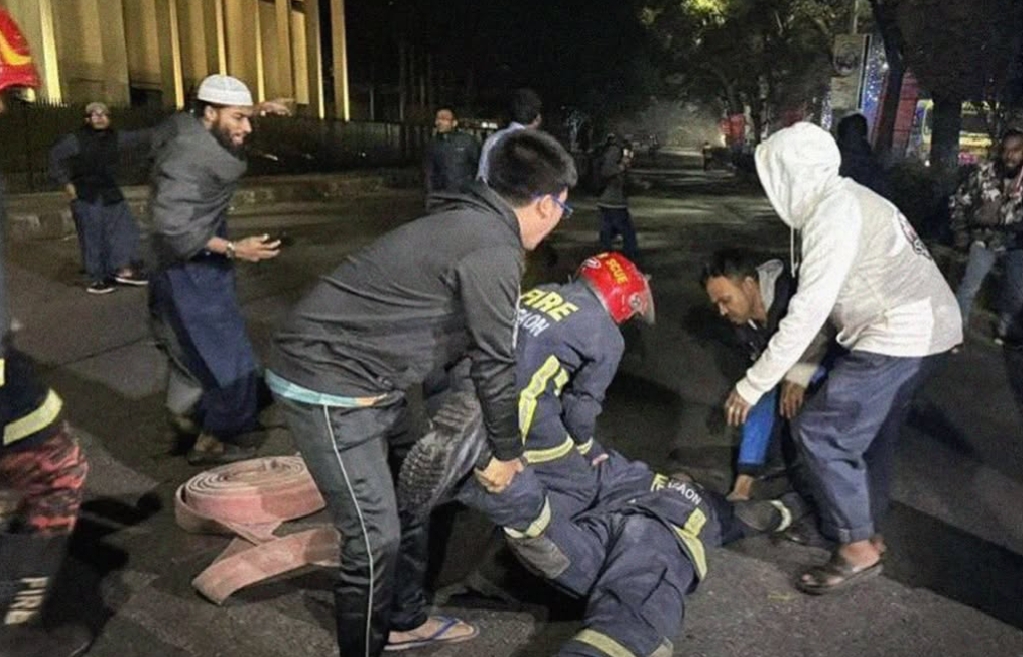
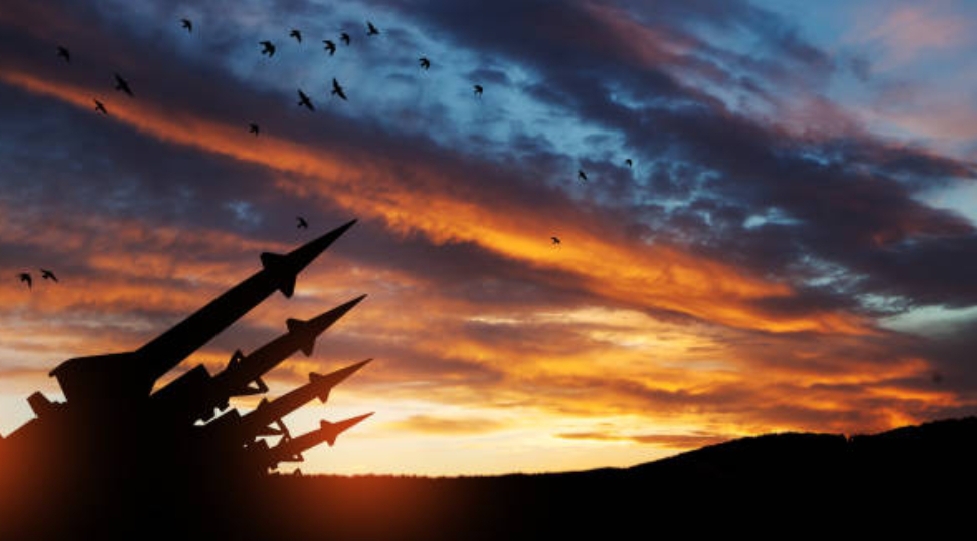
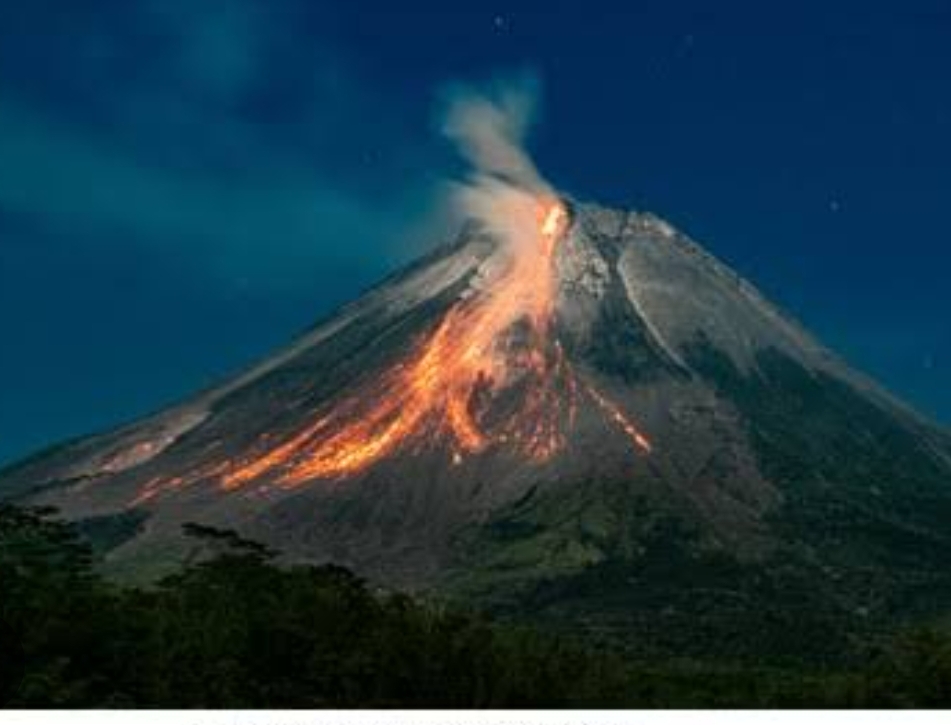
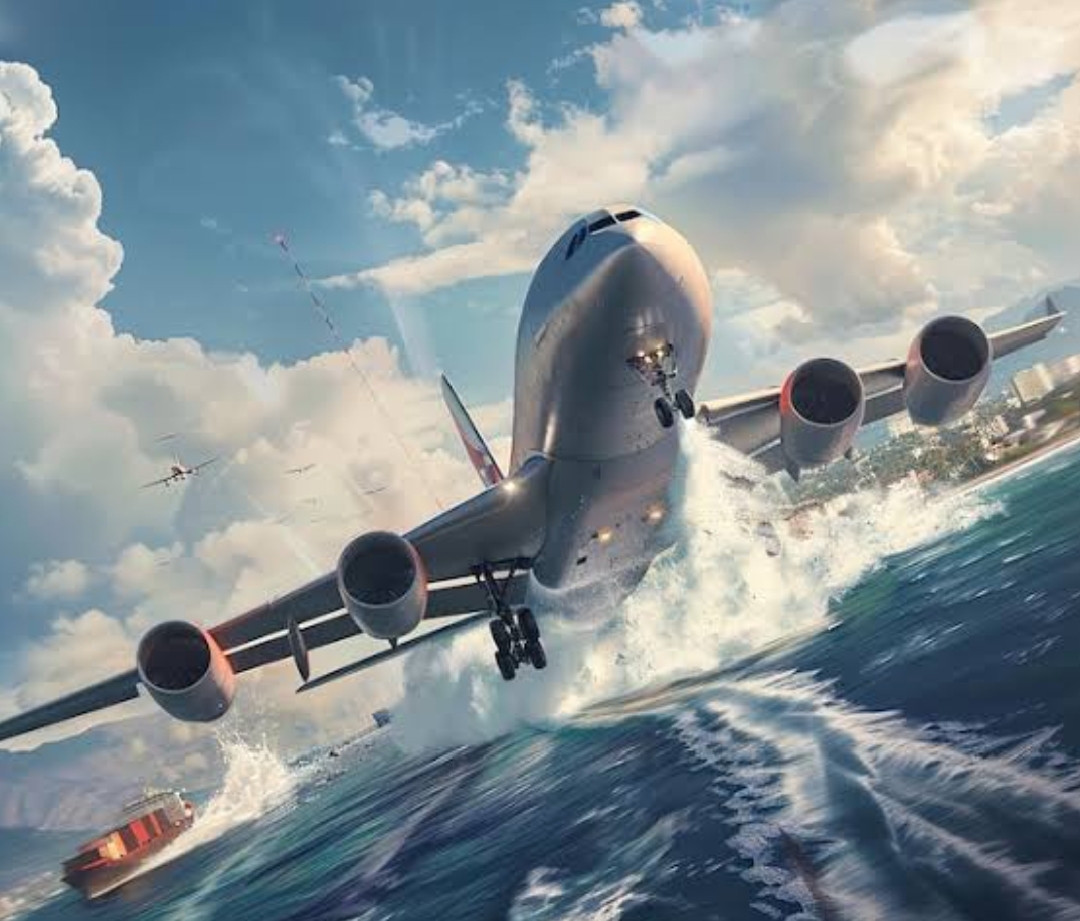
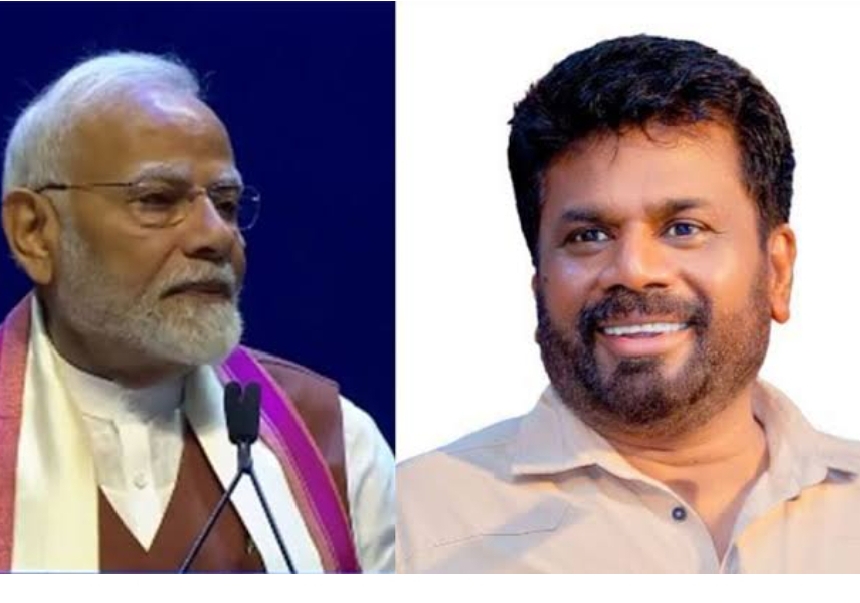
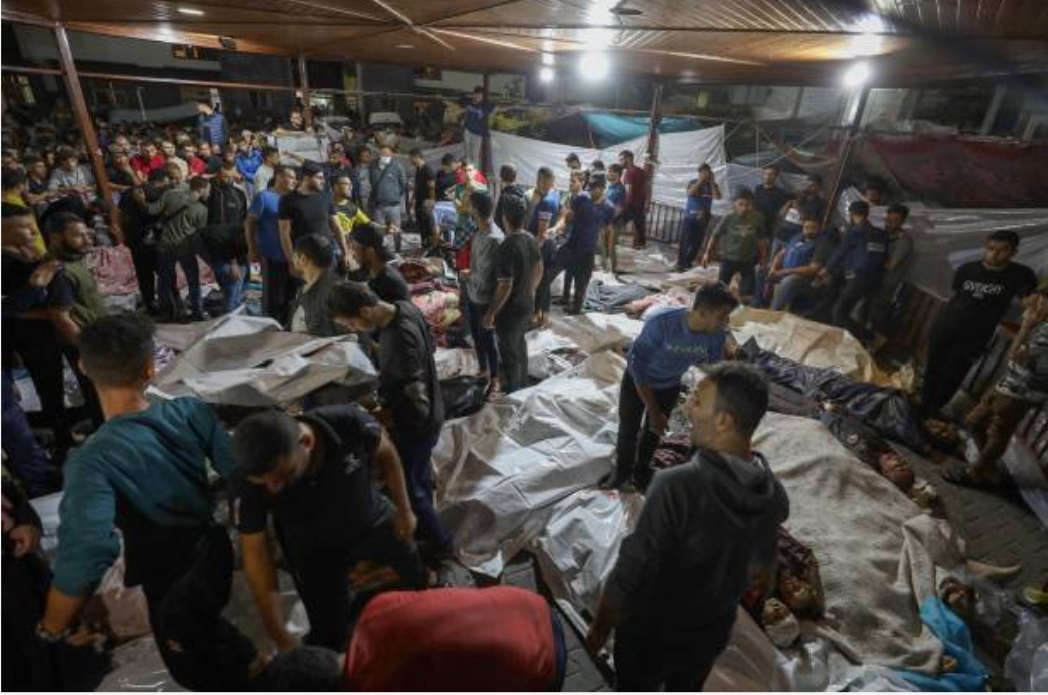
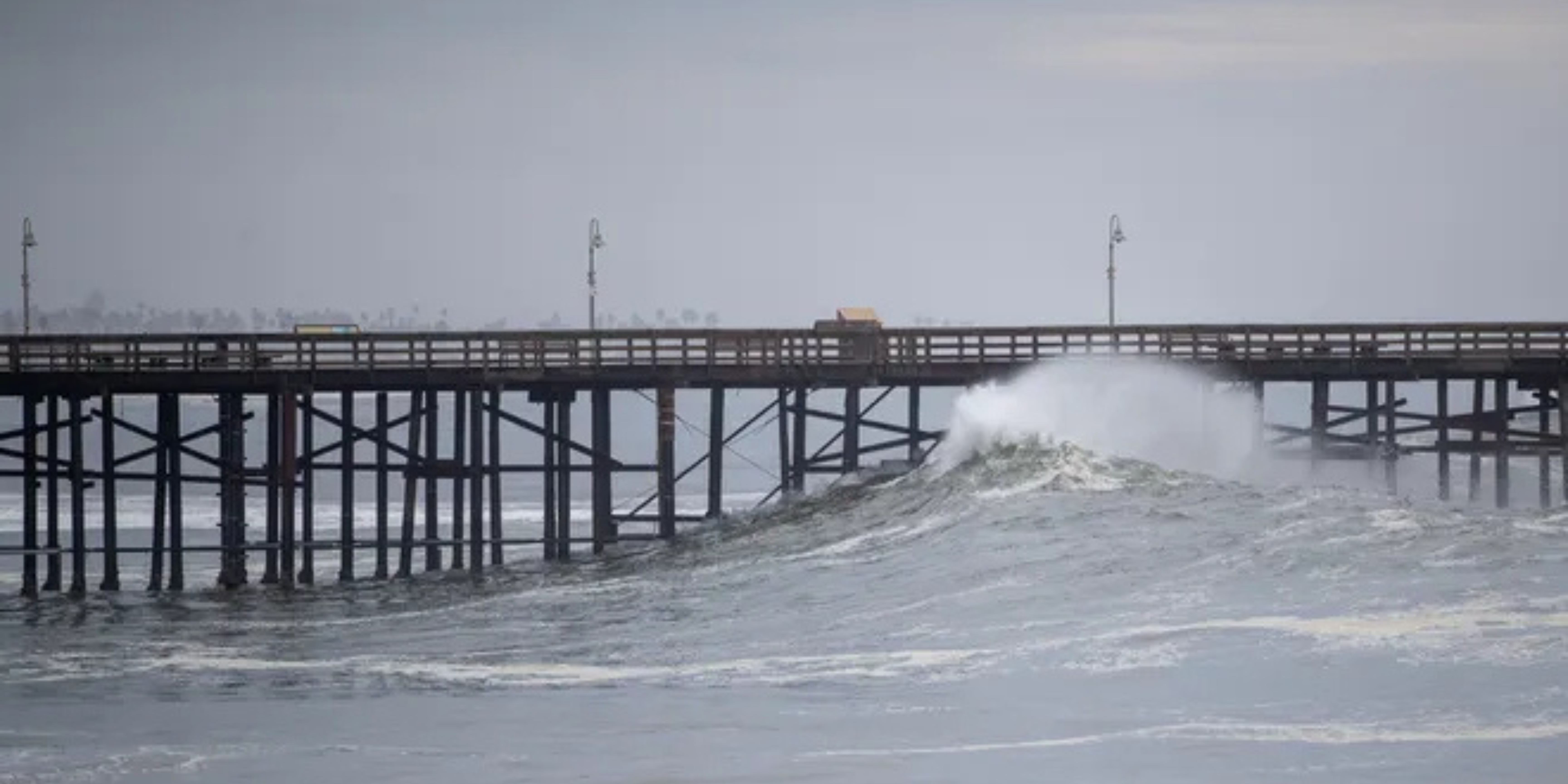
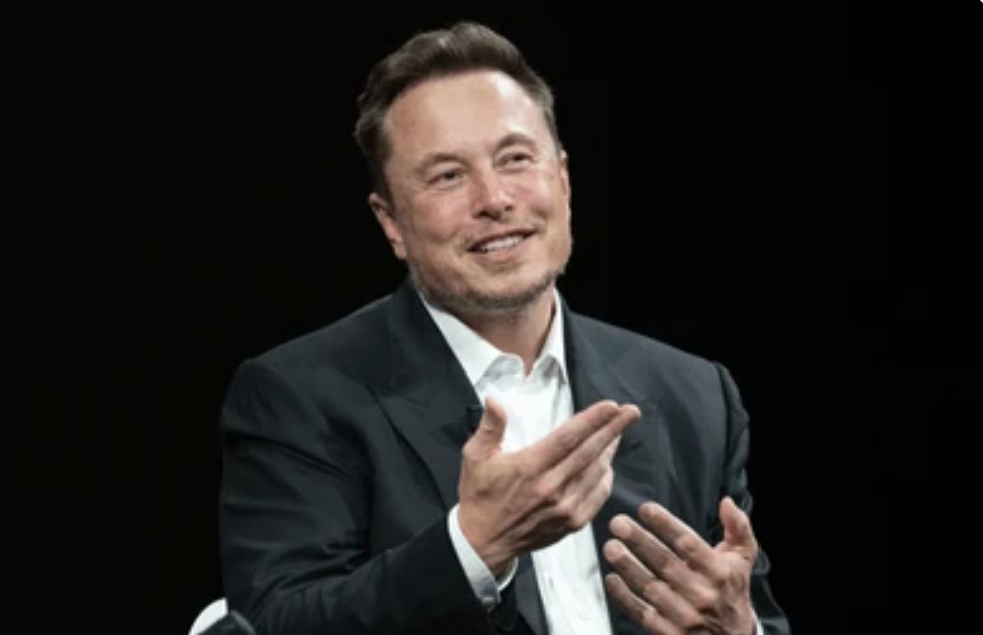
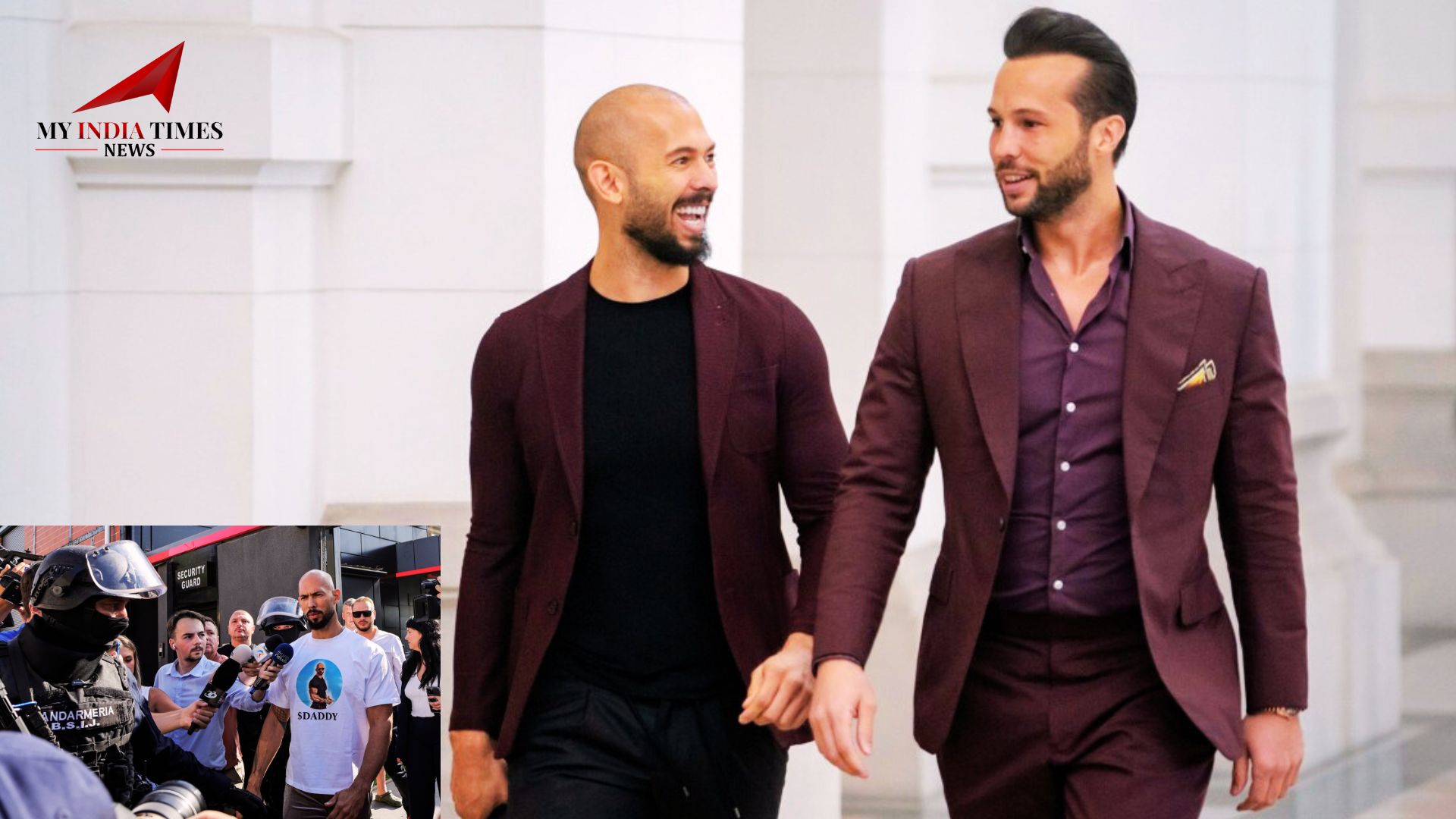
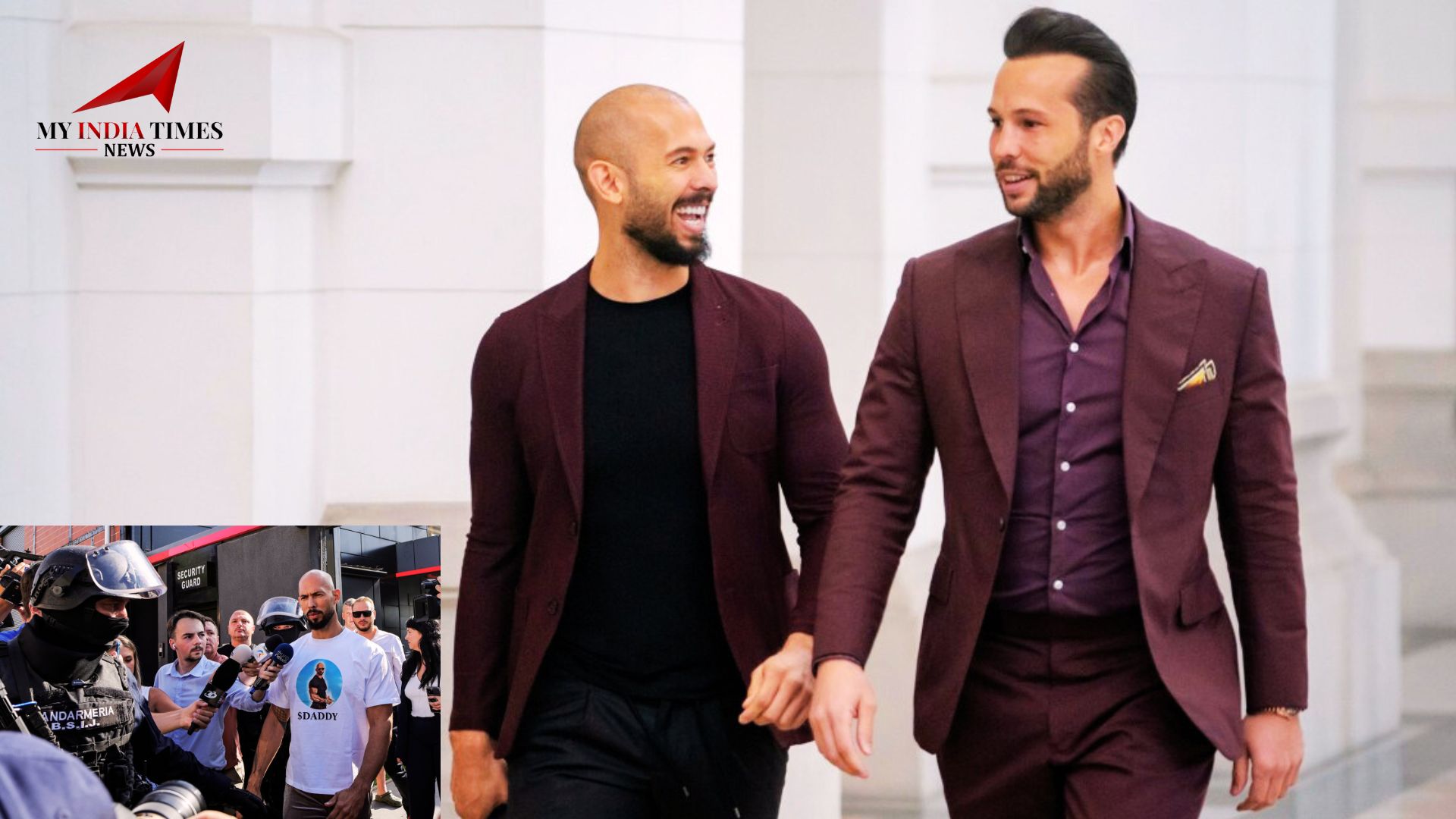
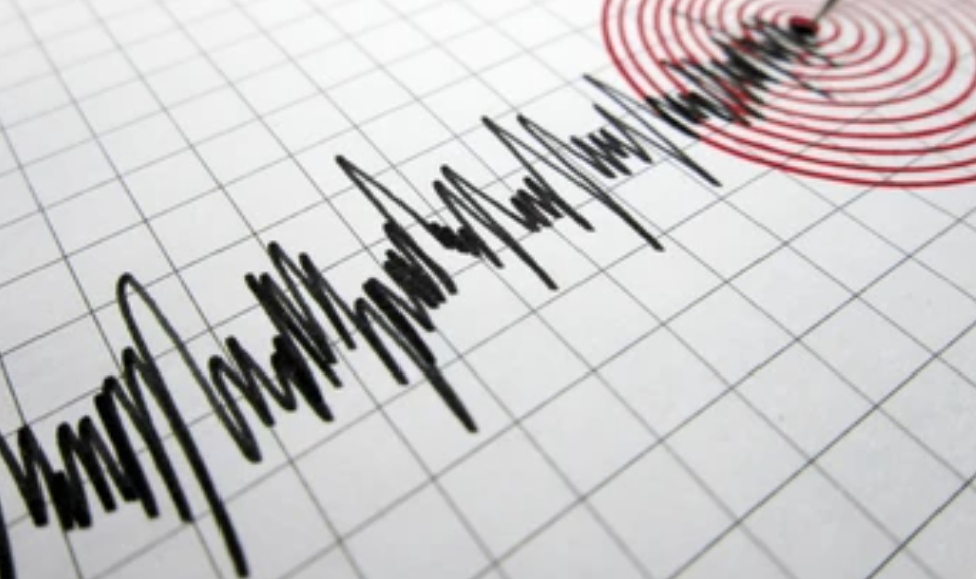
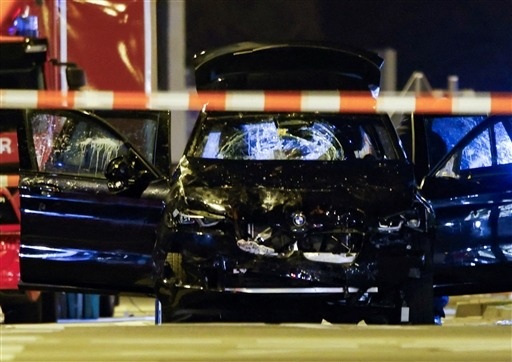
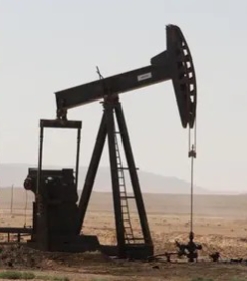

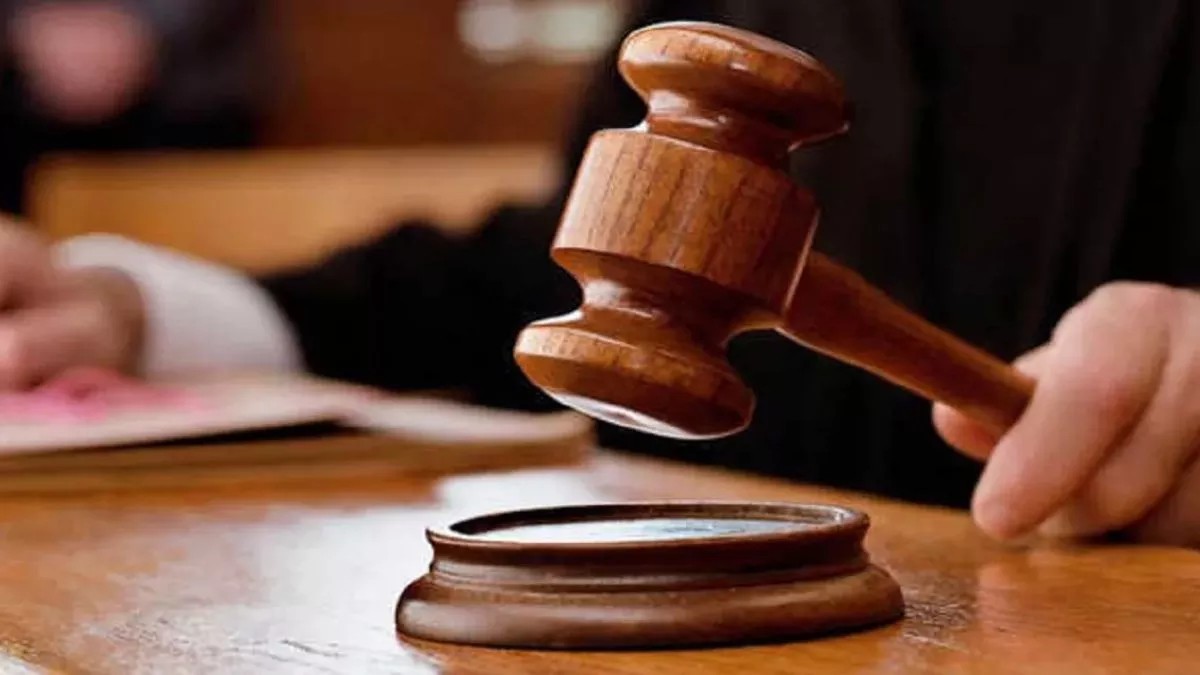
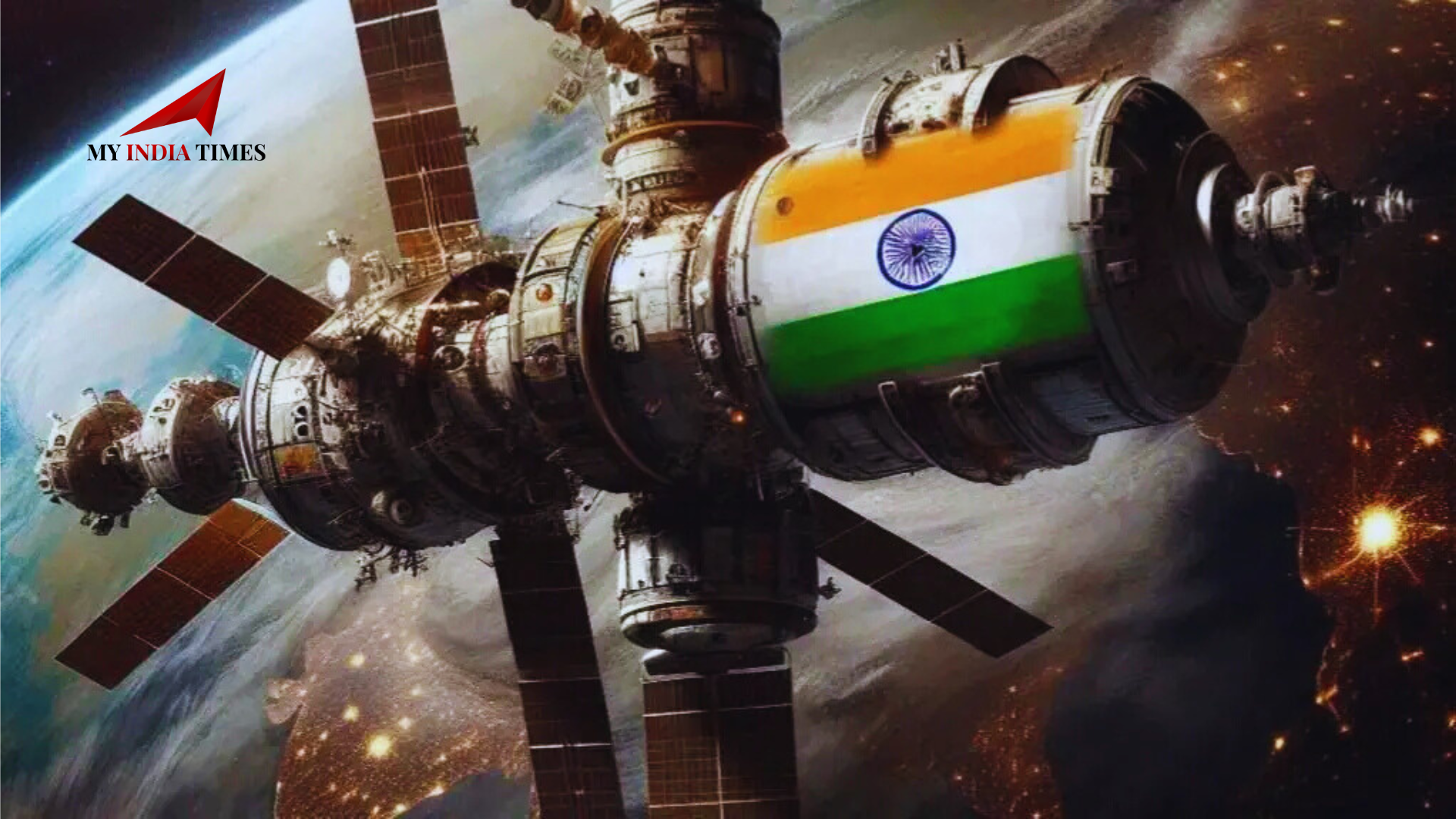
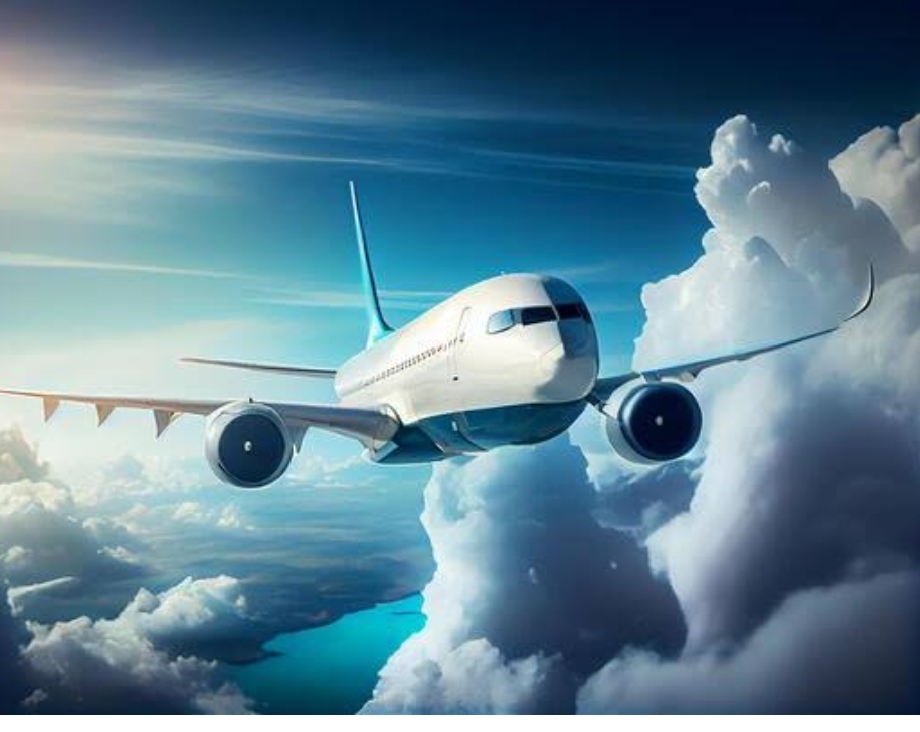
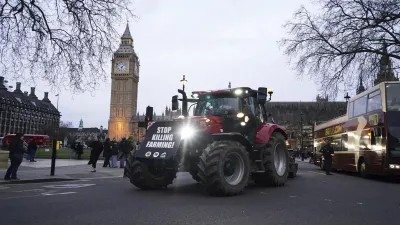
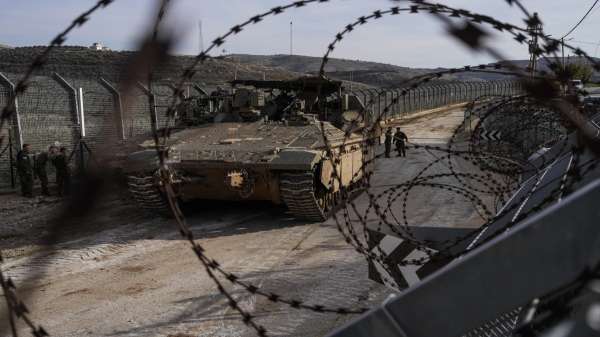
.png)
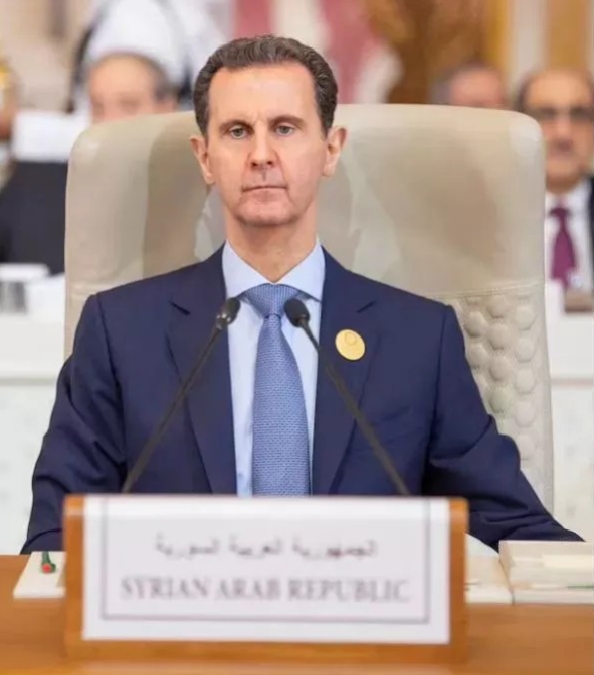
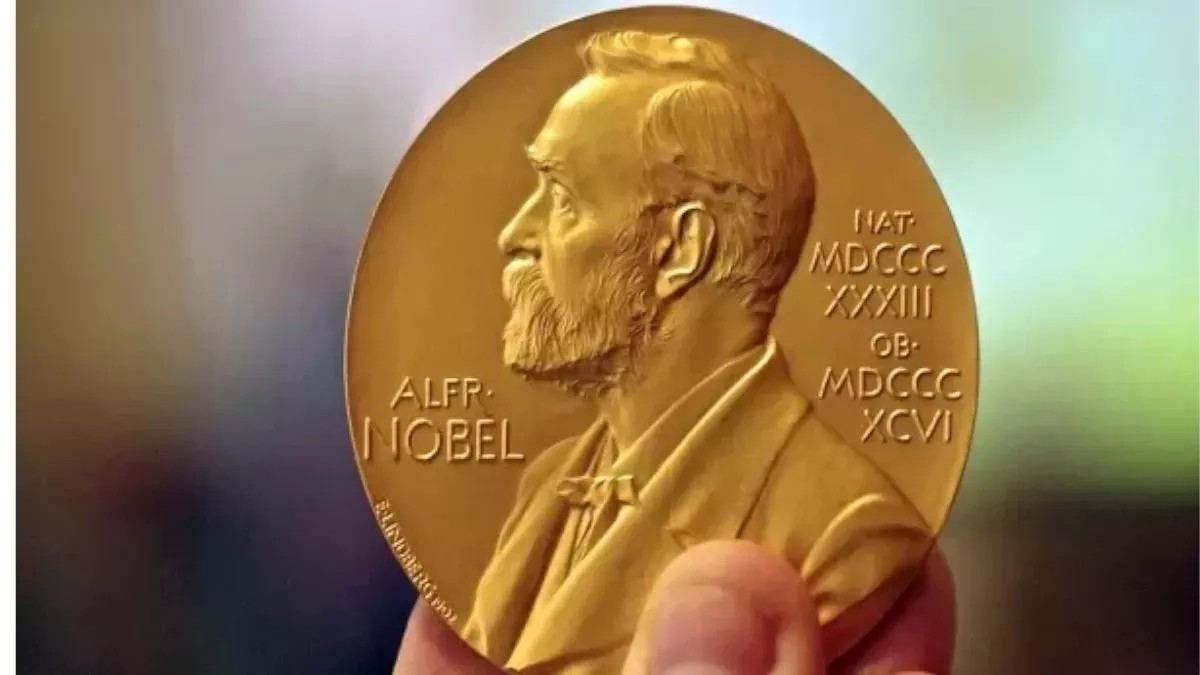
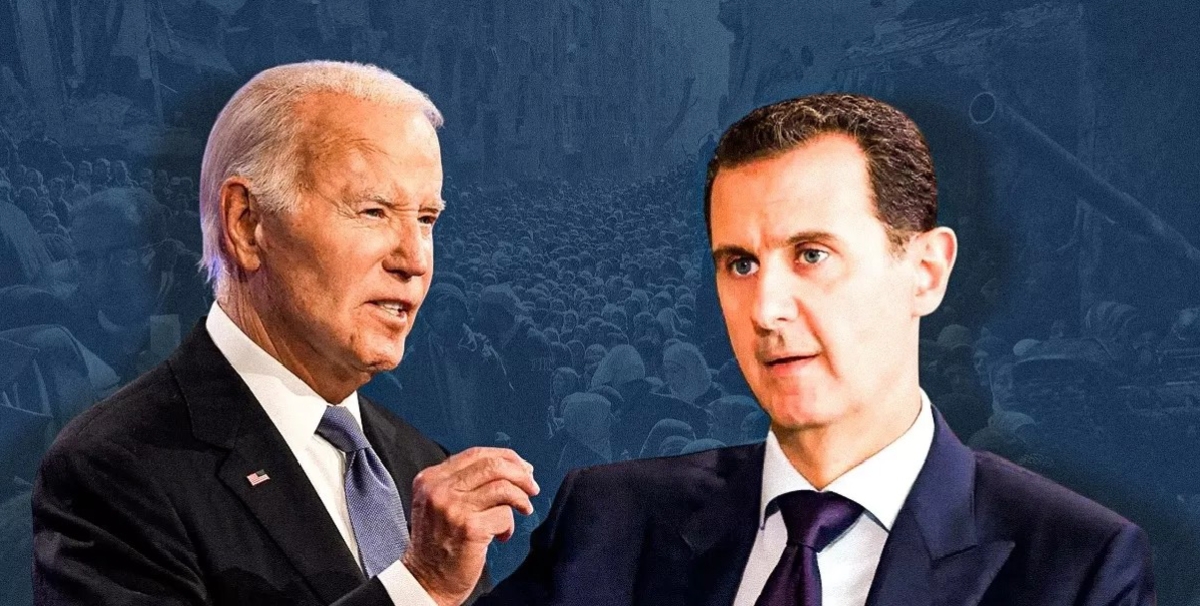
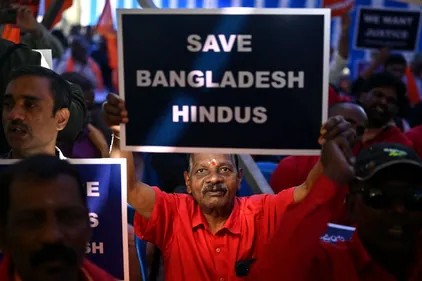



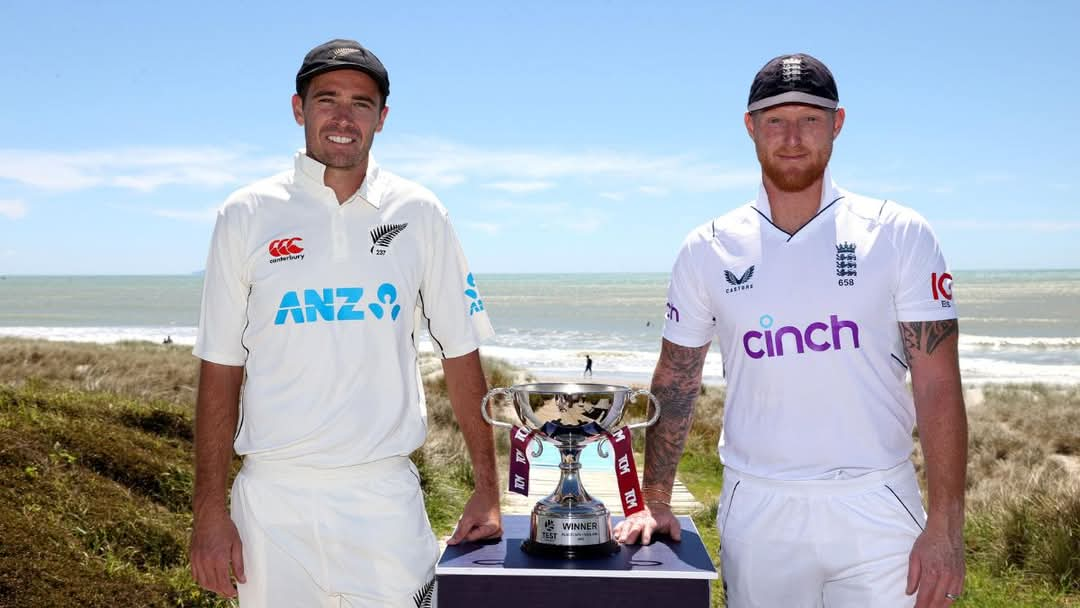
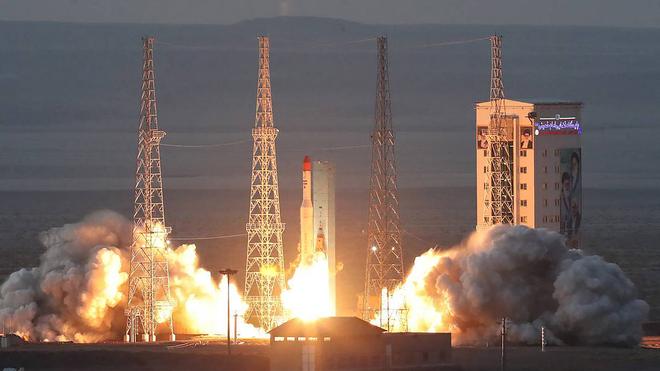
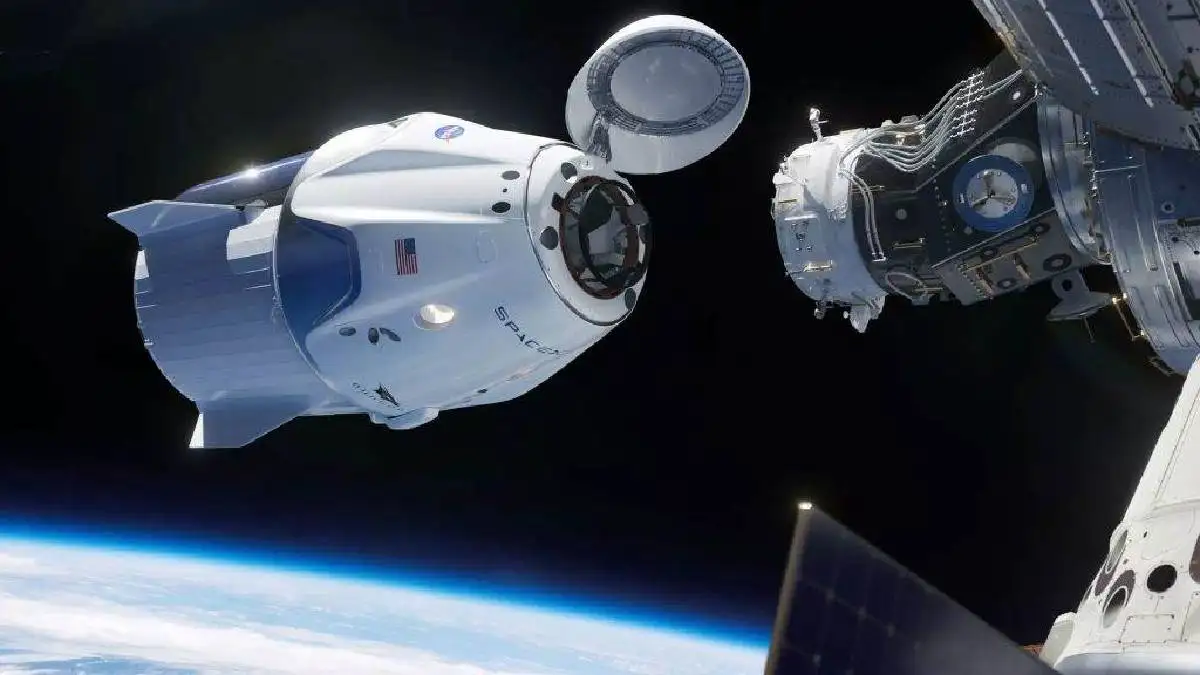
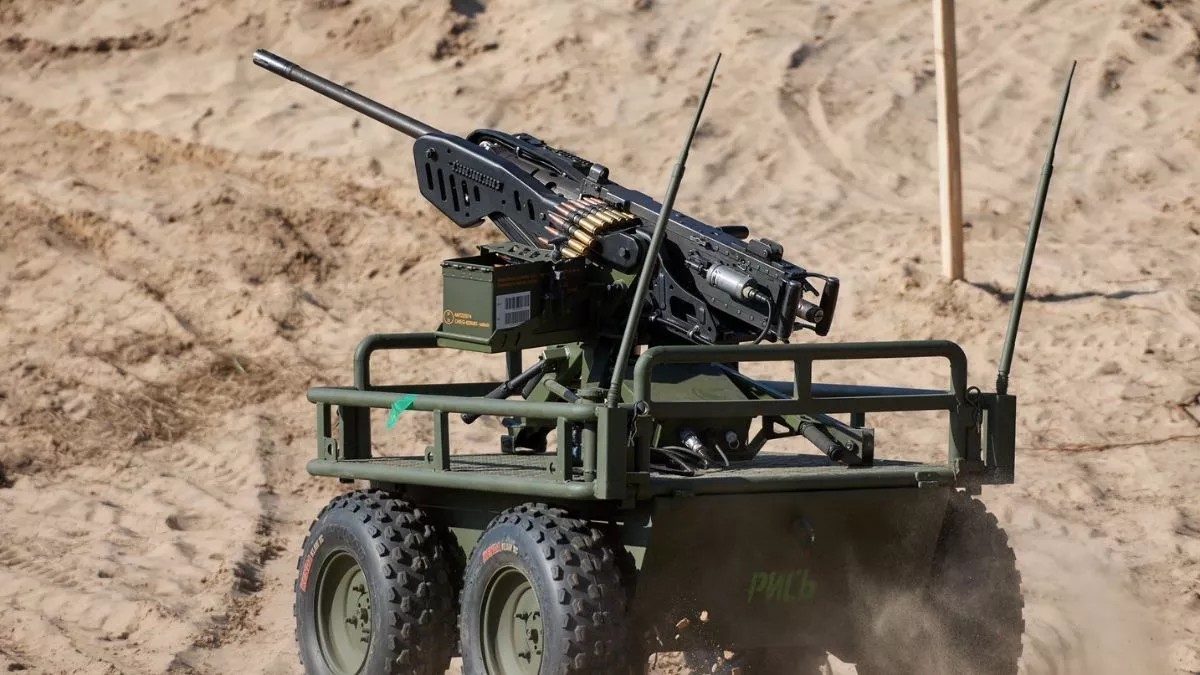
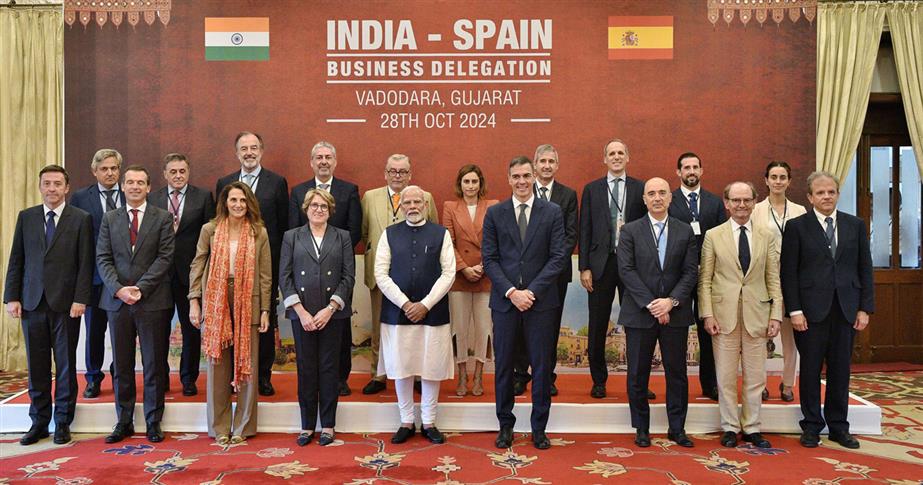
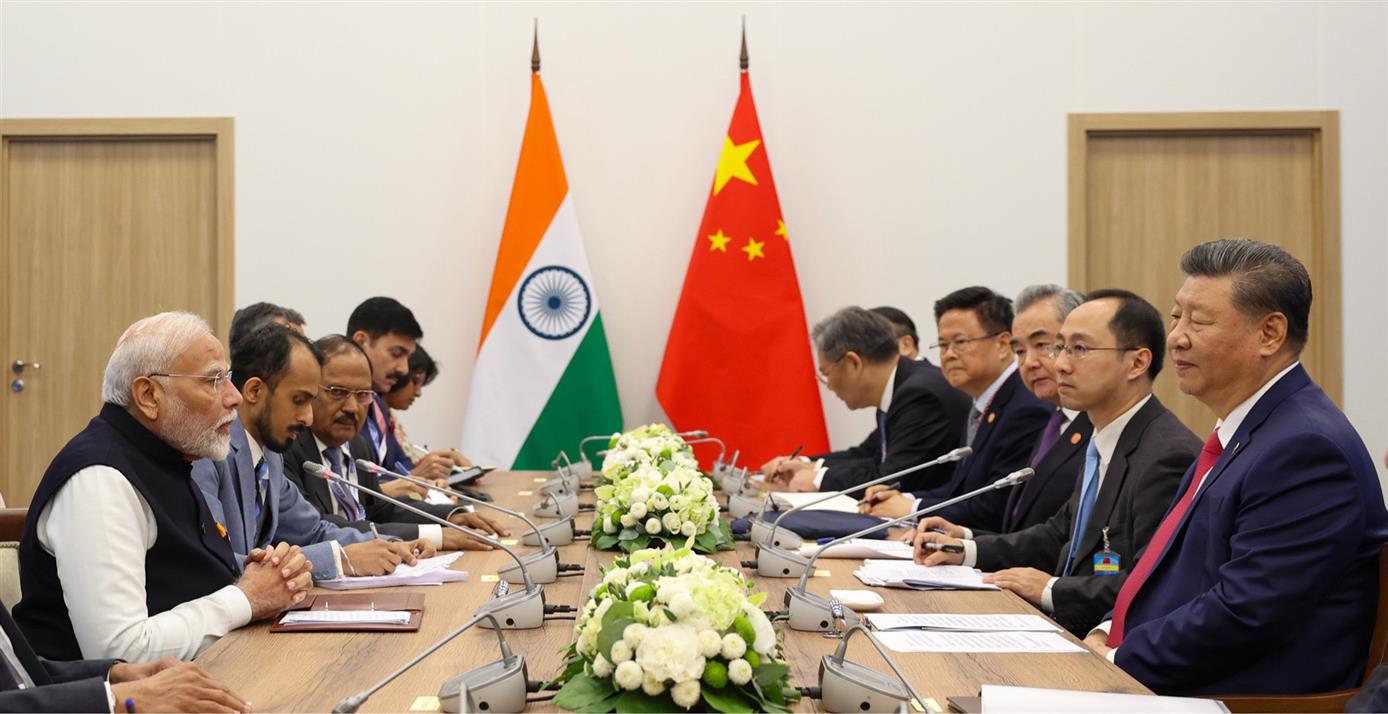
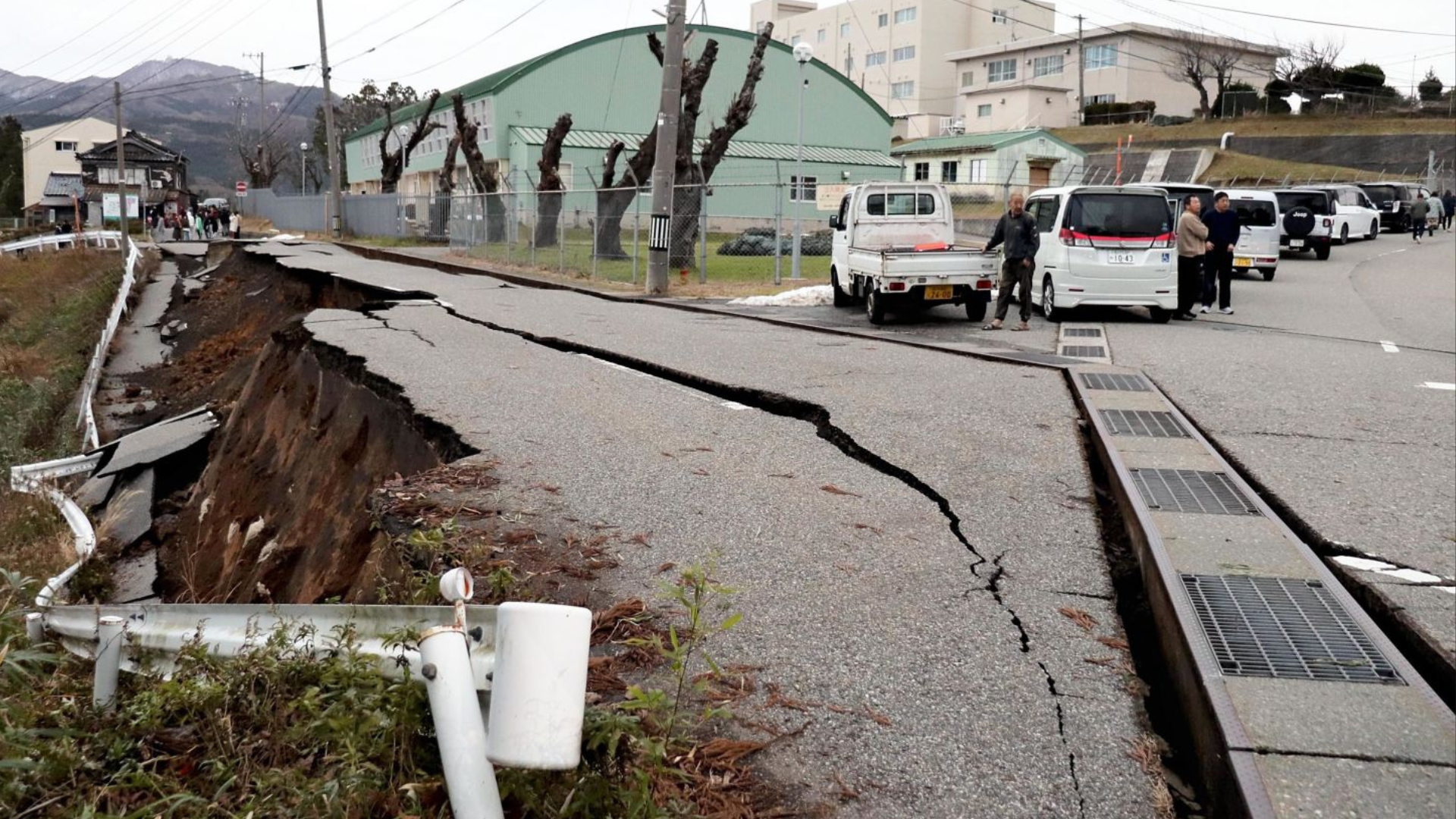
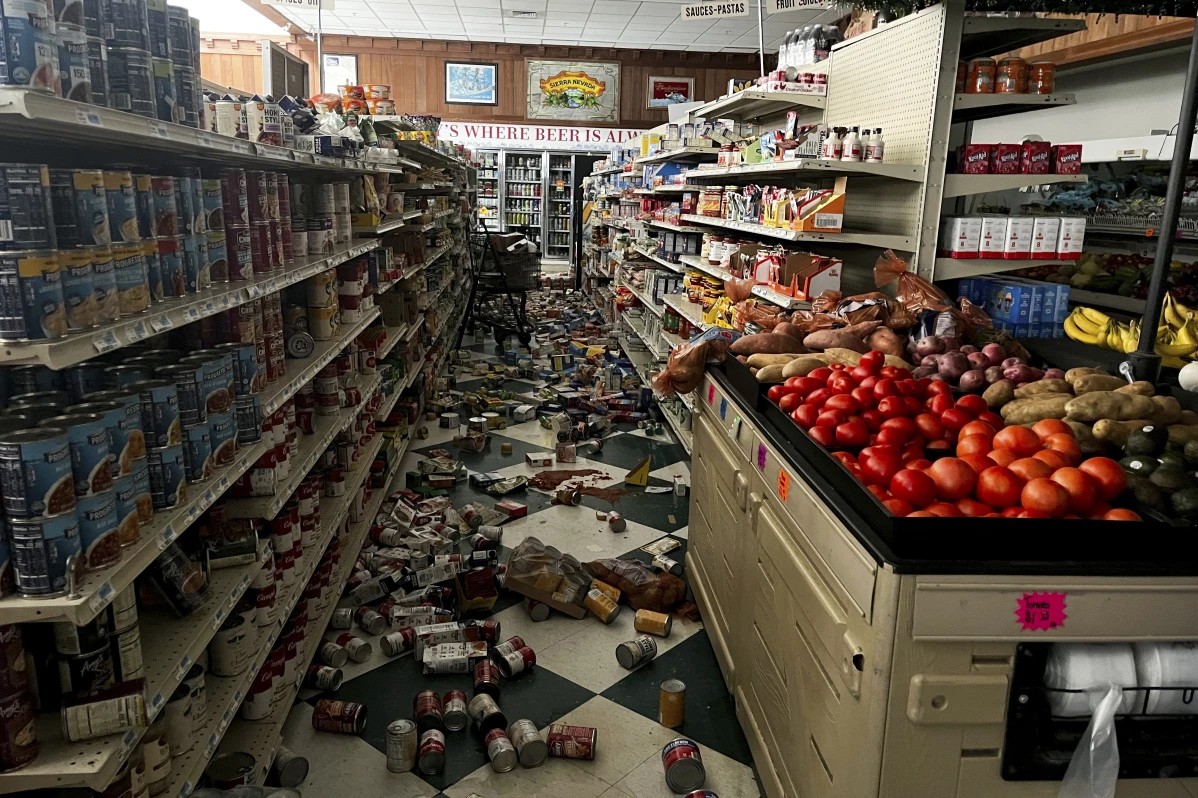
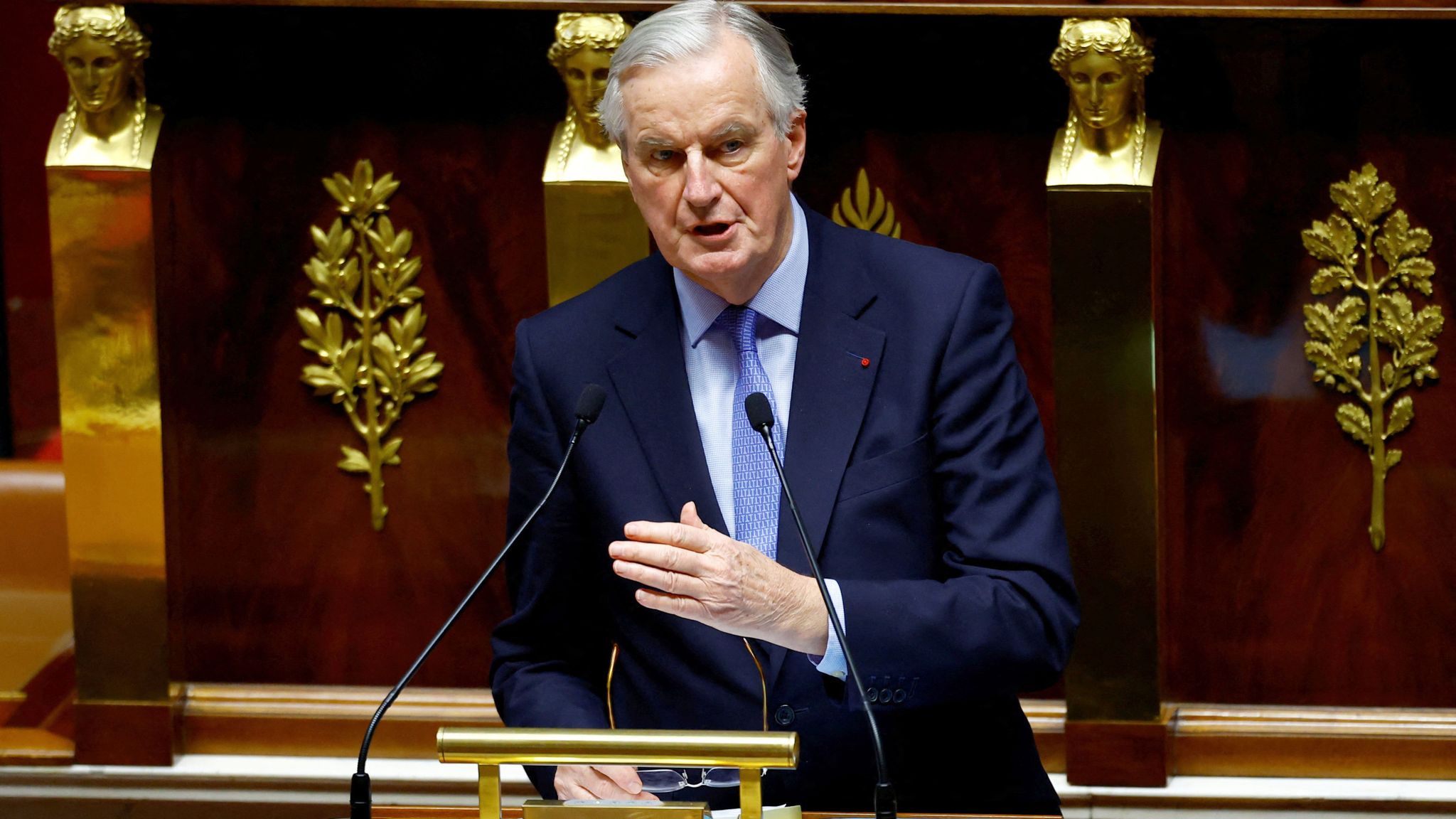

.png)

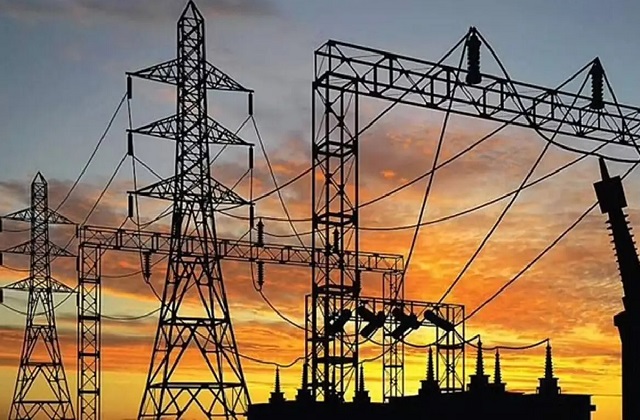
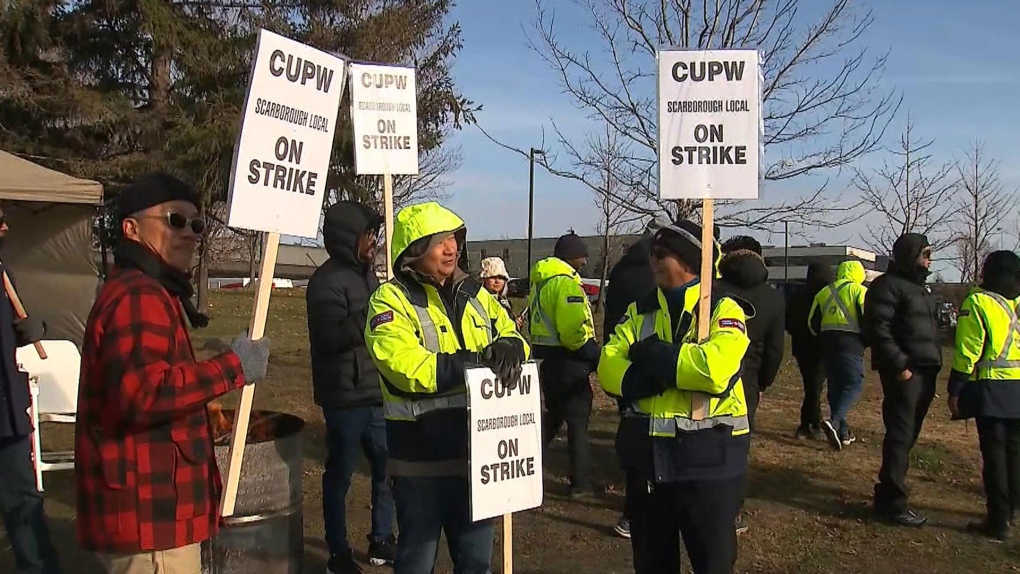
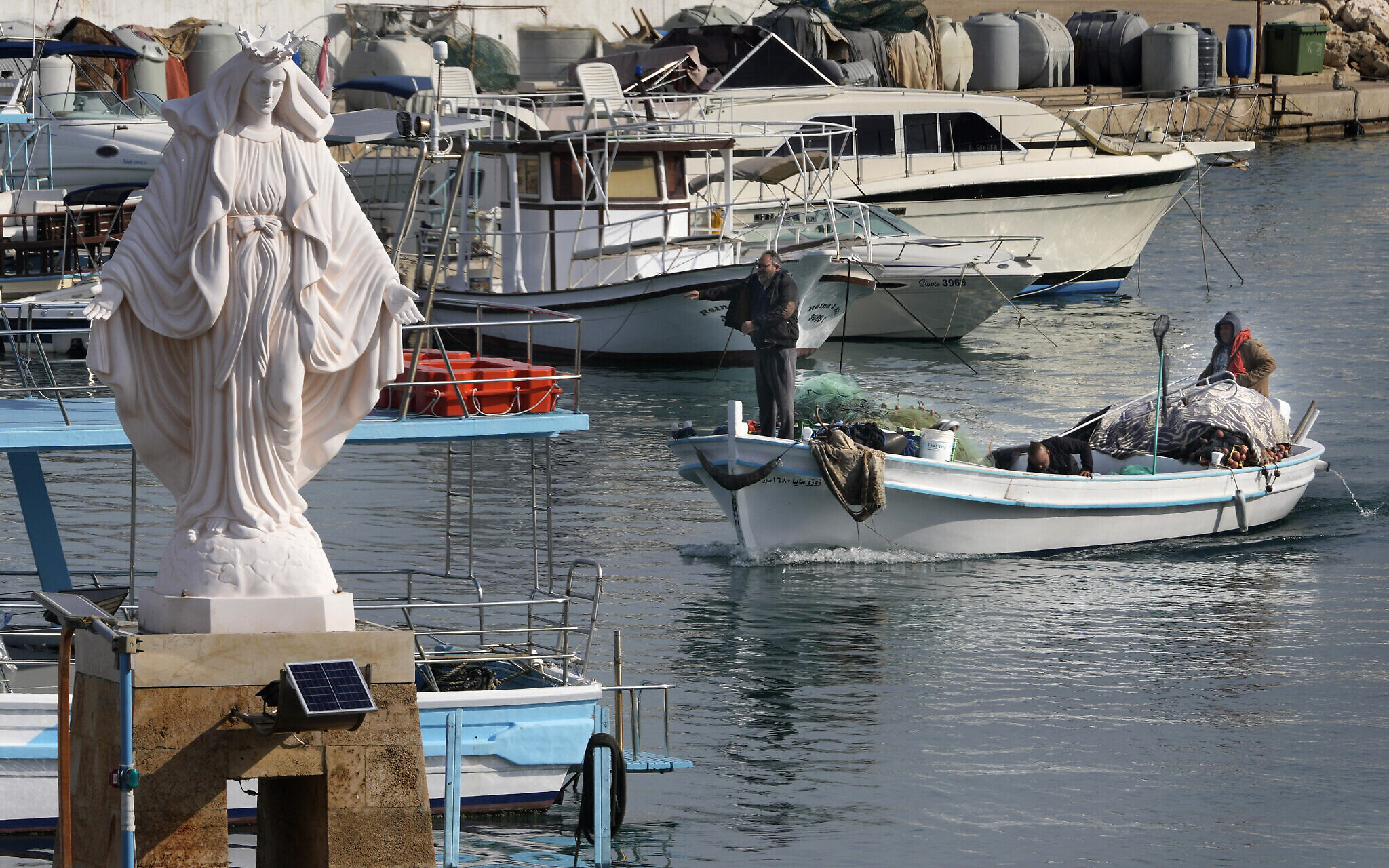
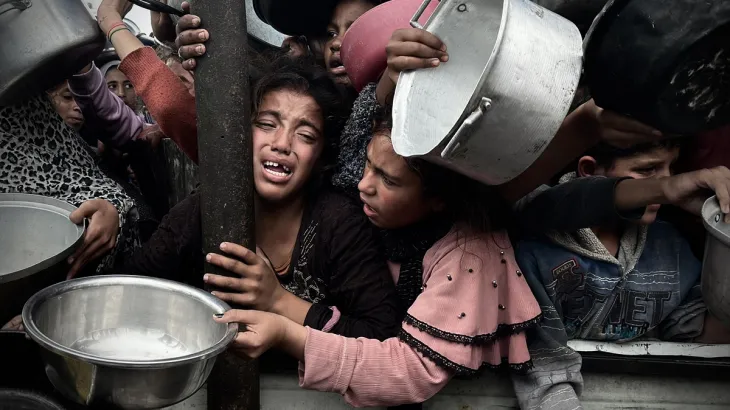
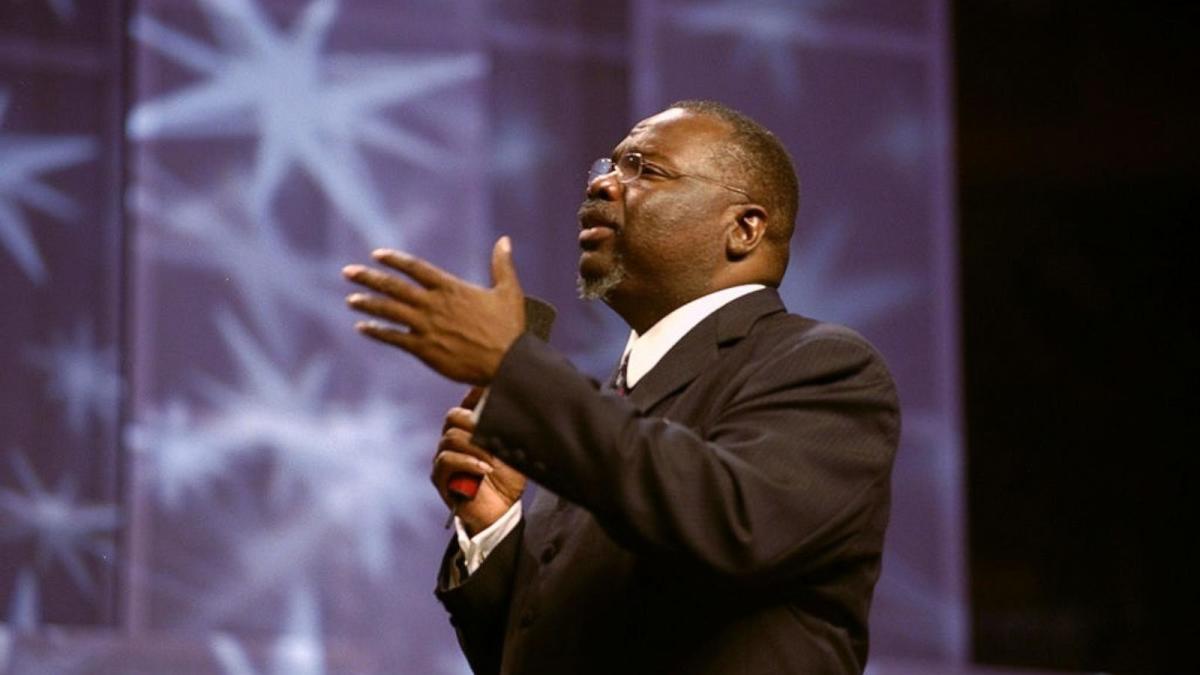
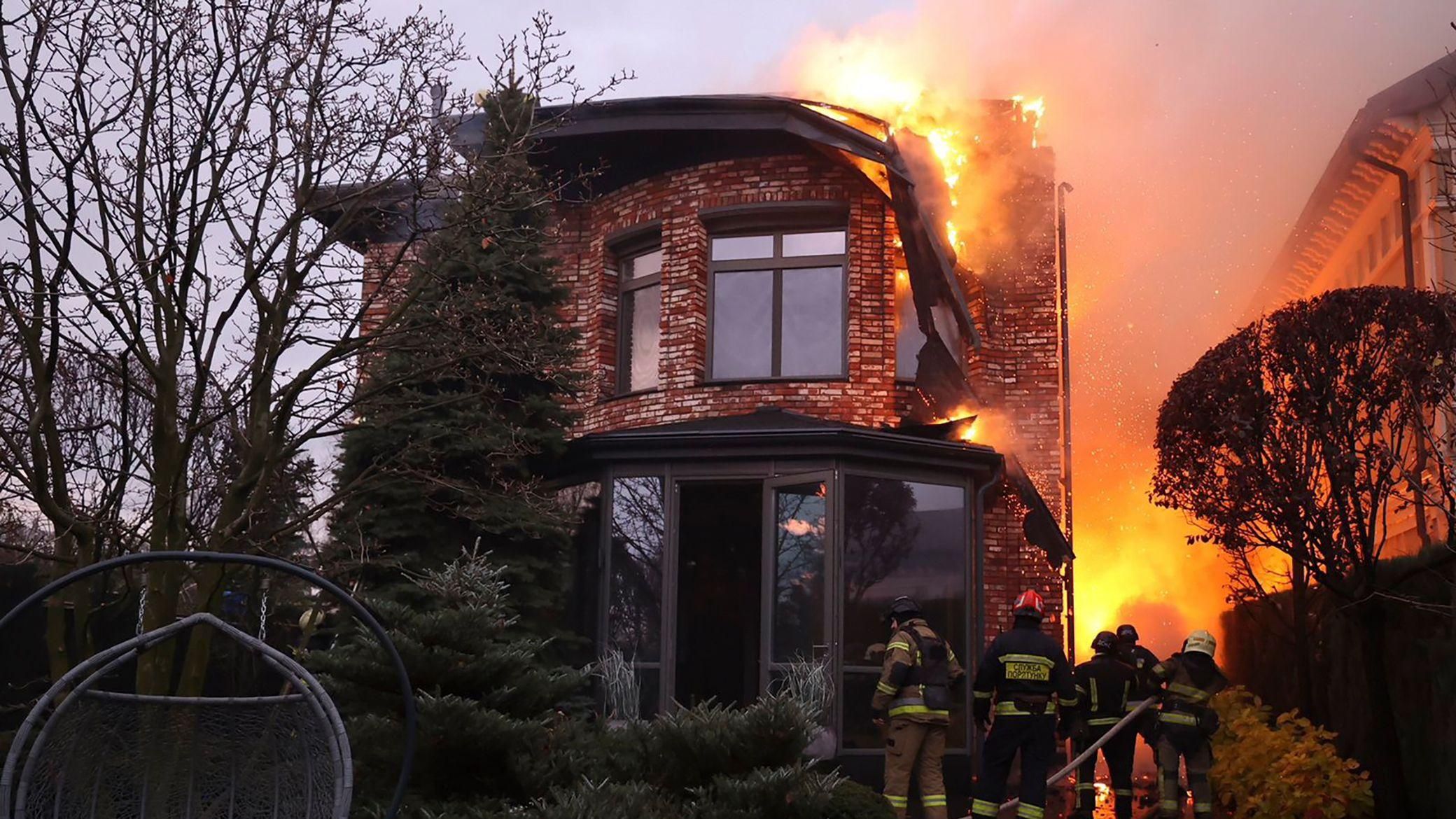
.jfif)
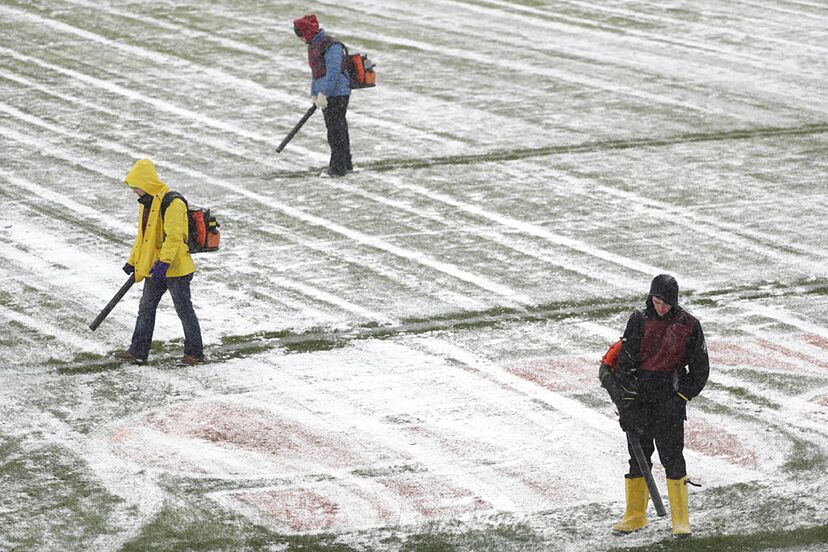
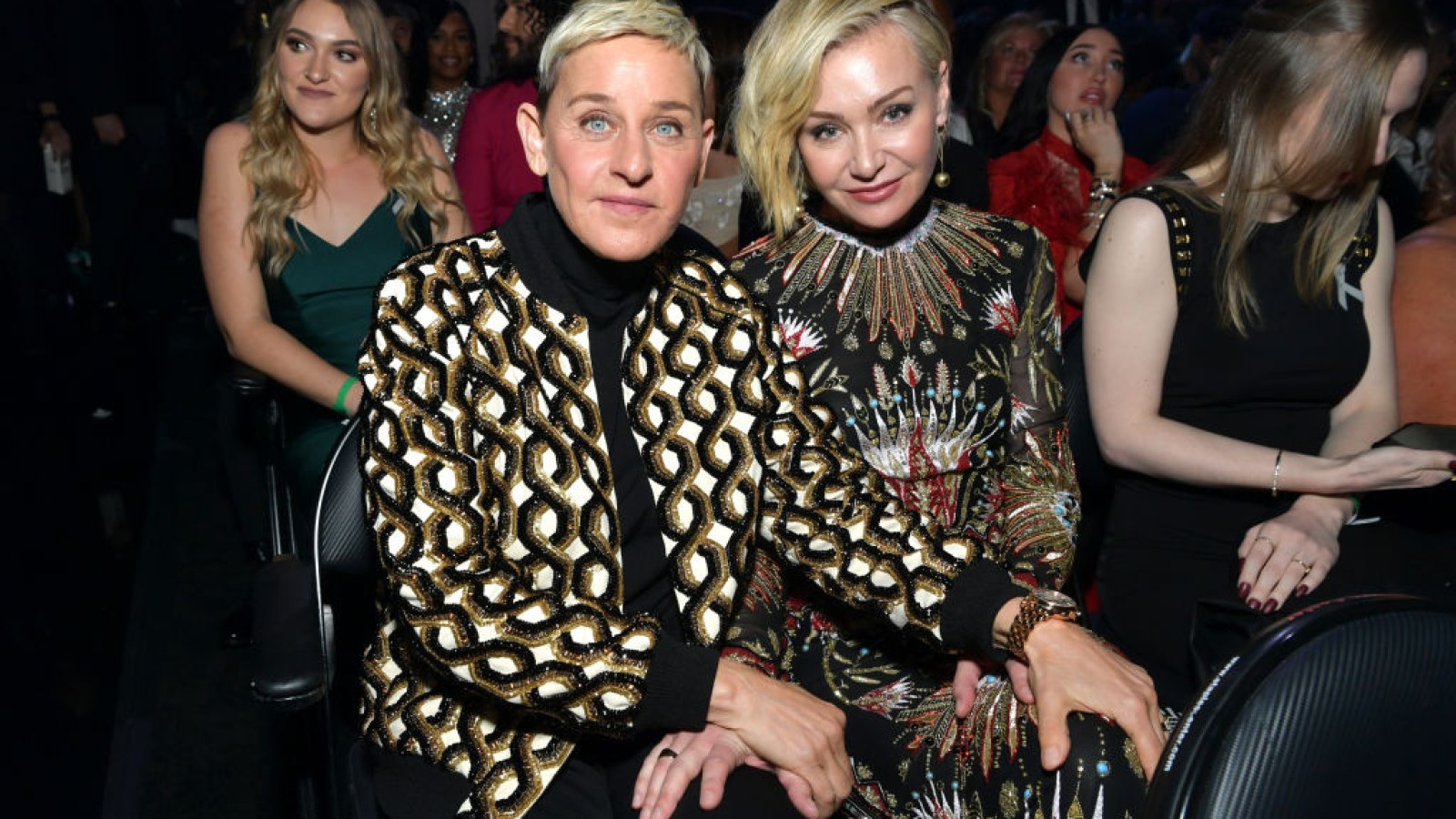
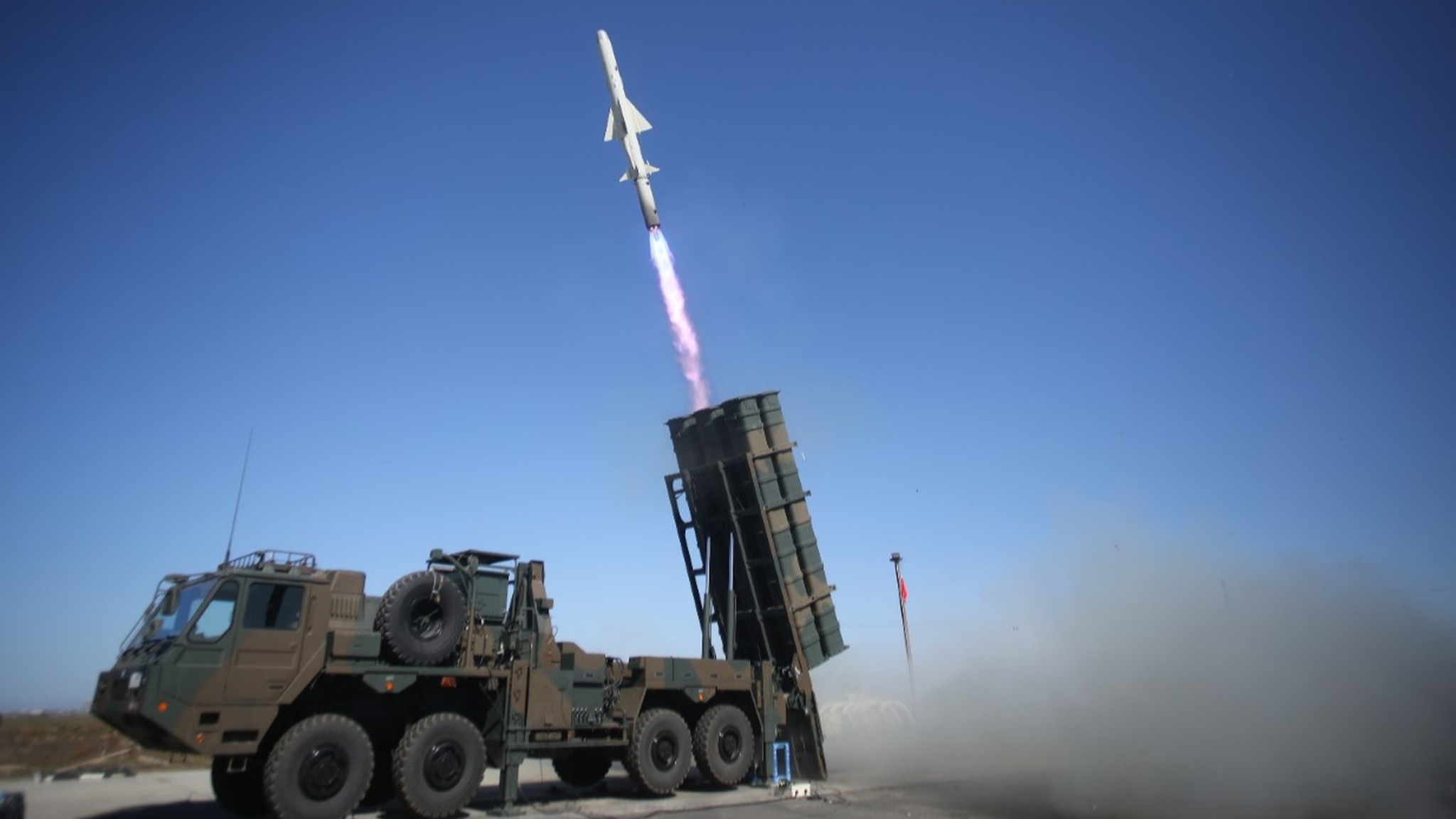
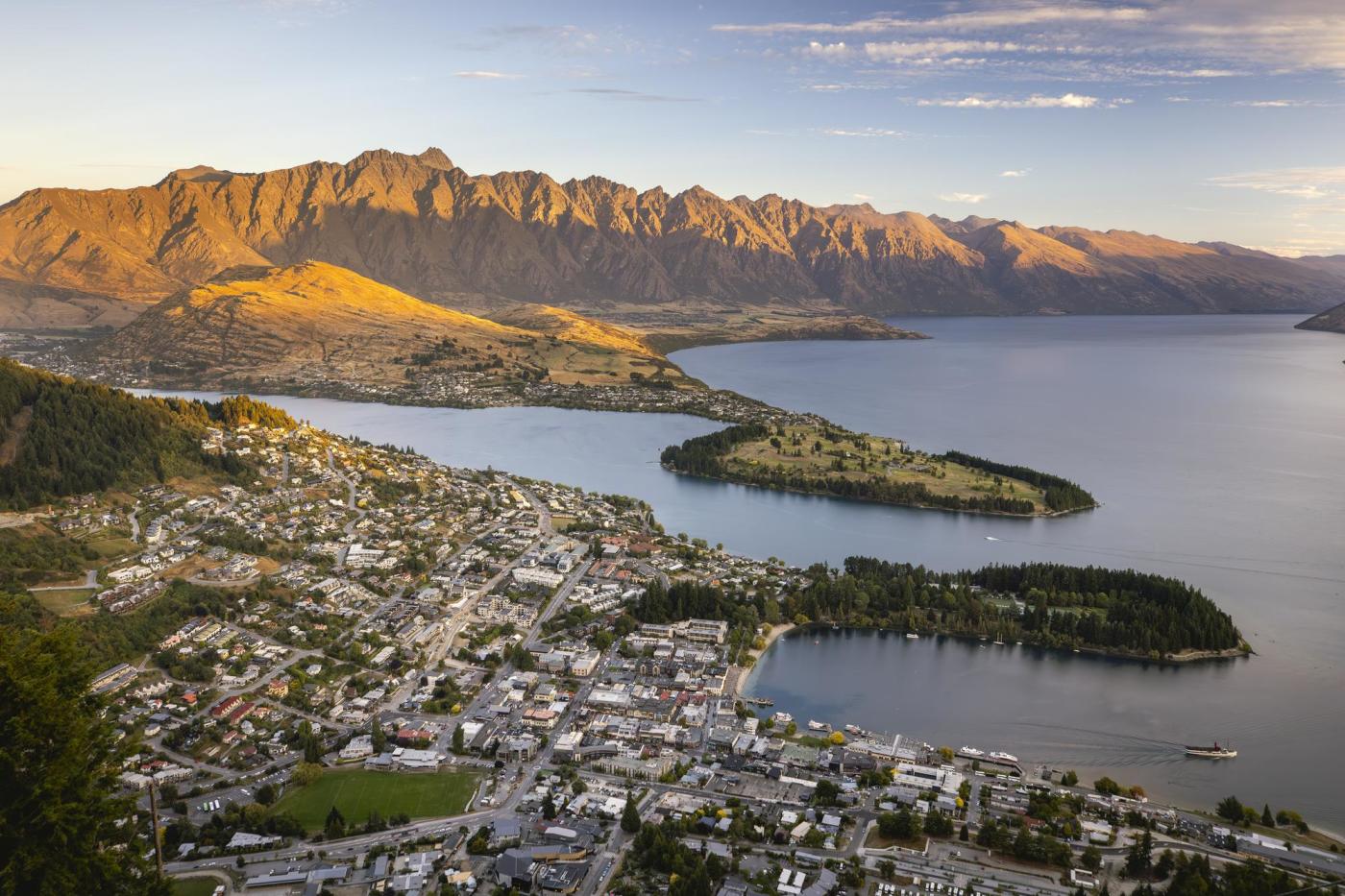


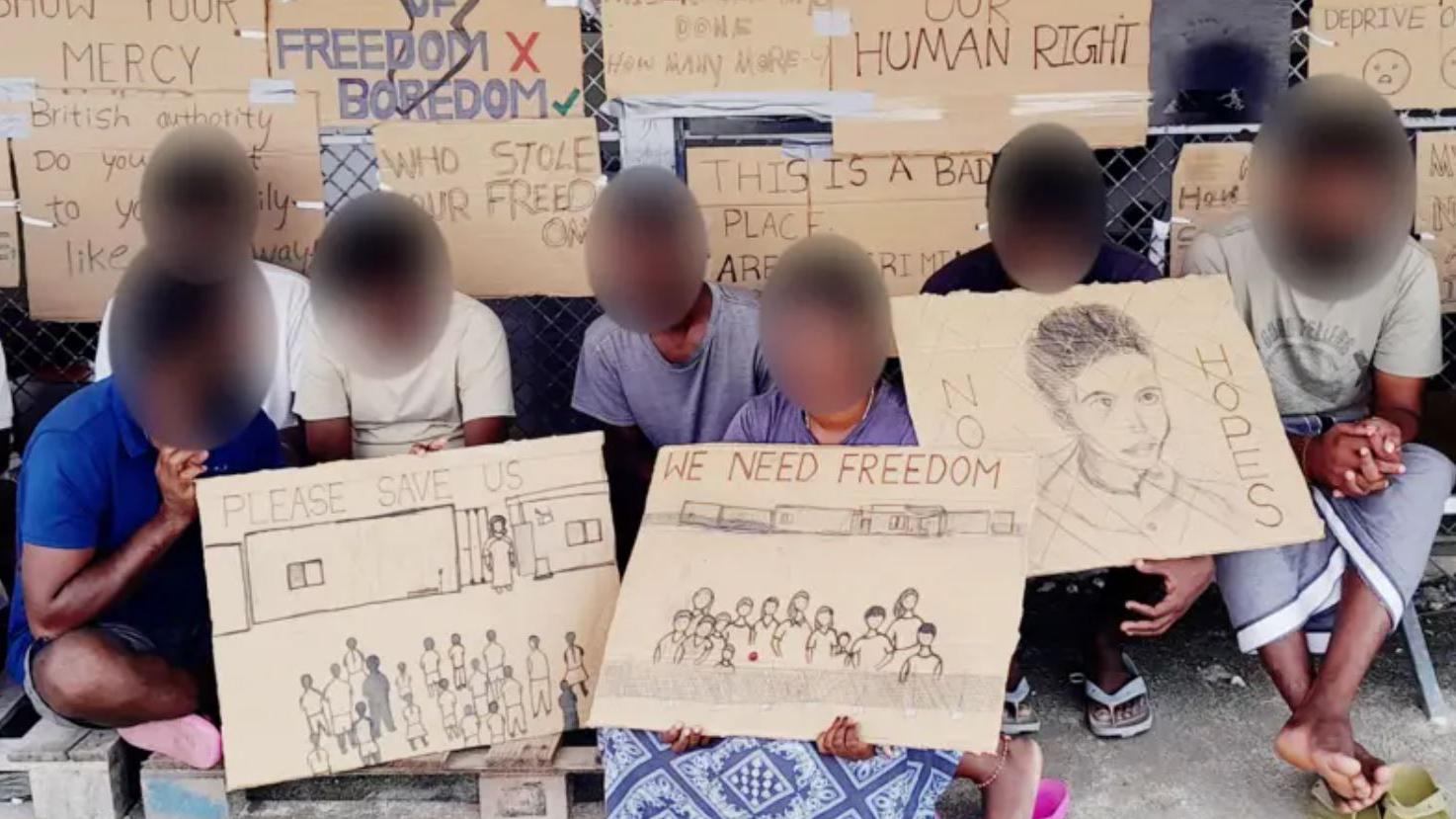
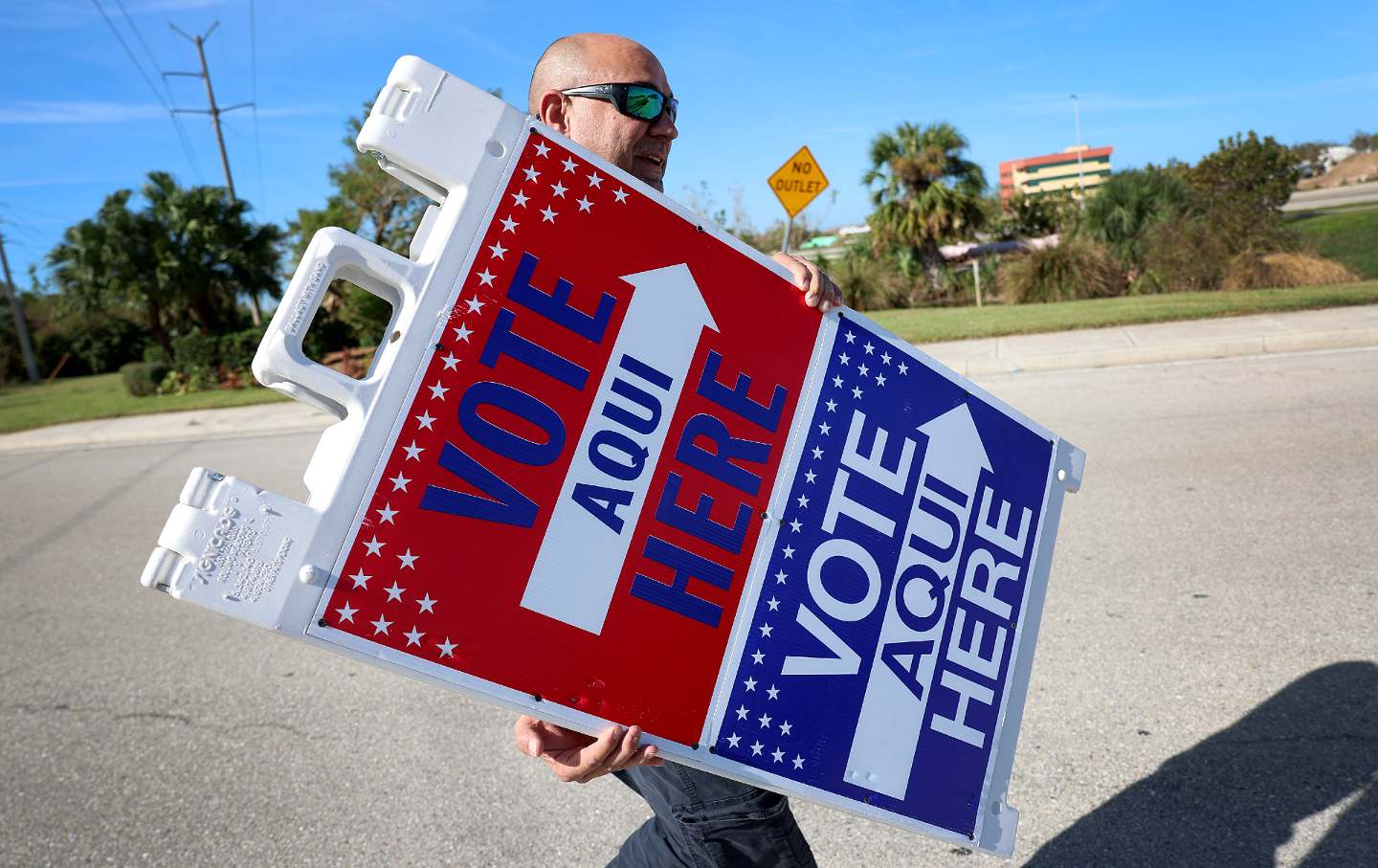

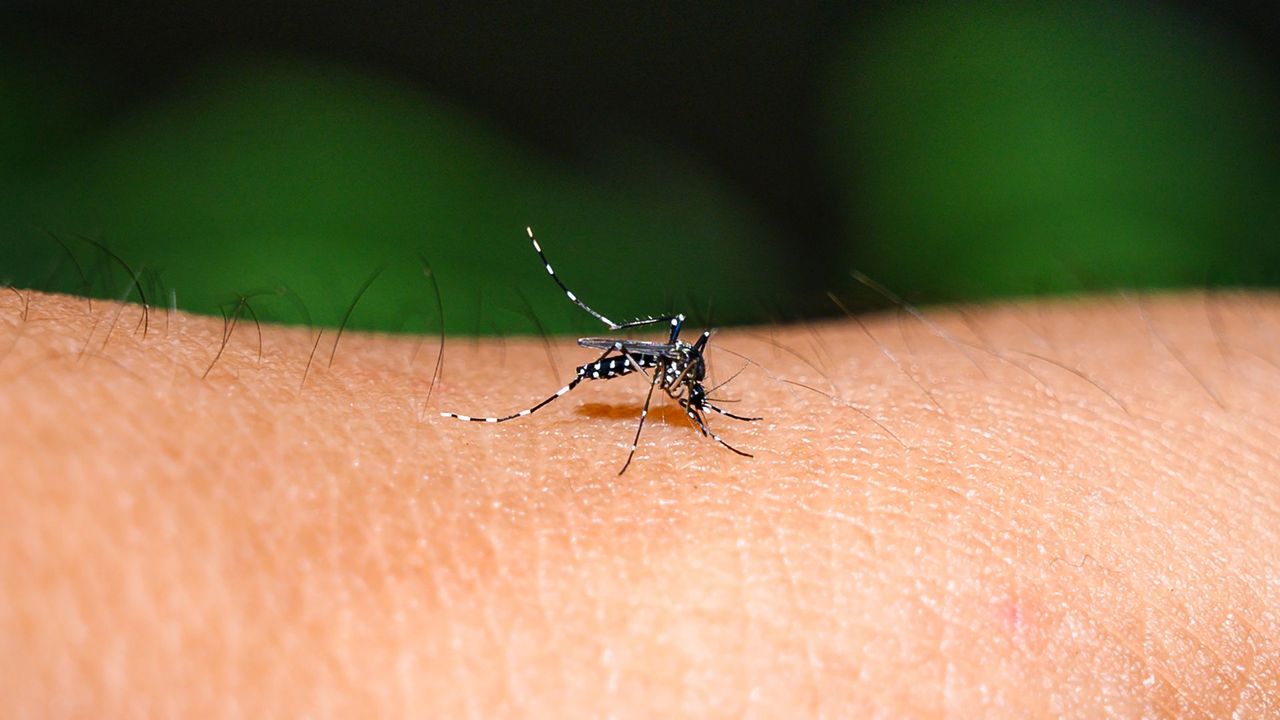
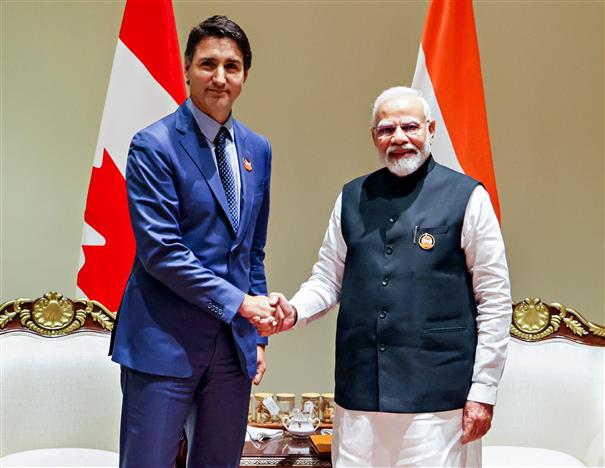
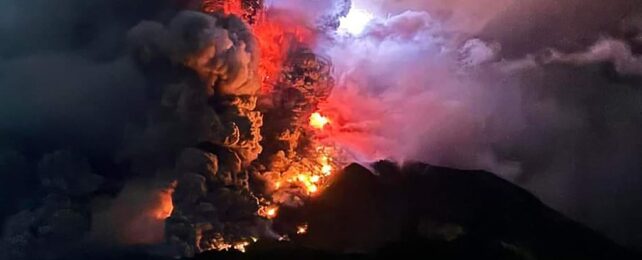



























































































.png)
 (1).png)























